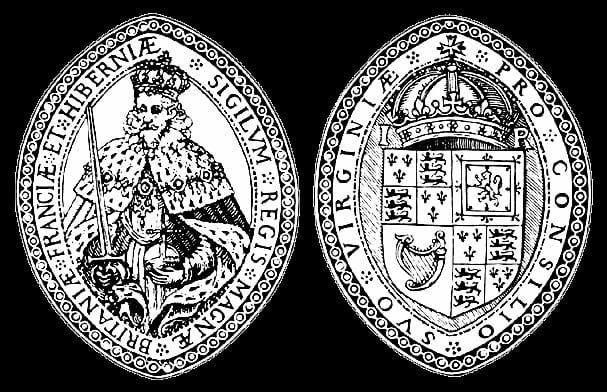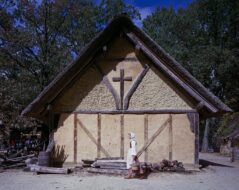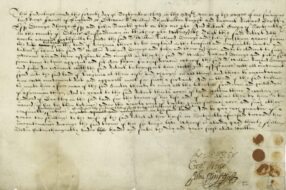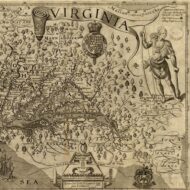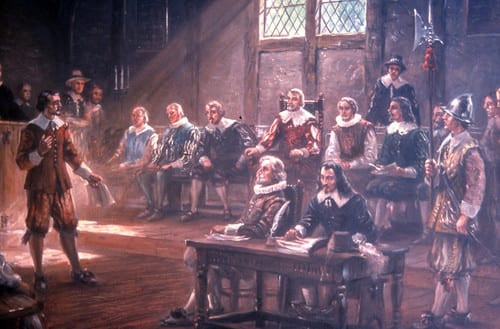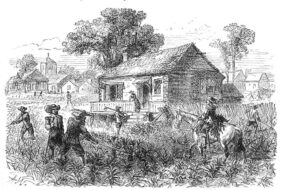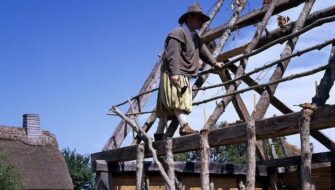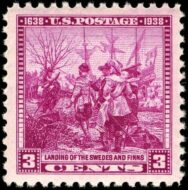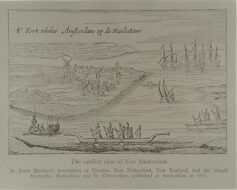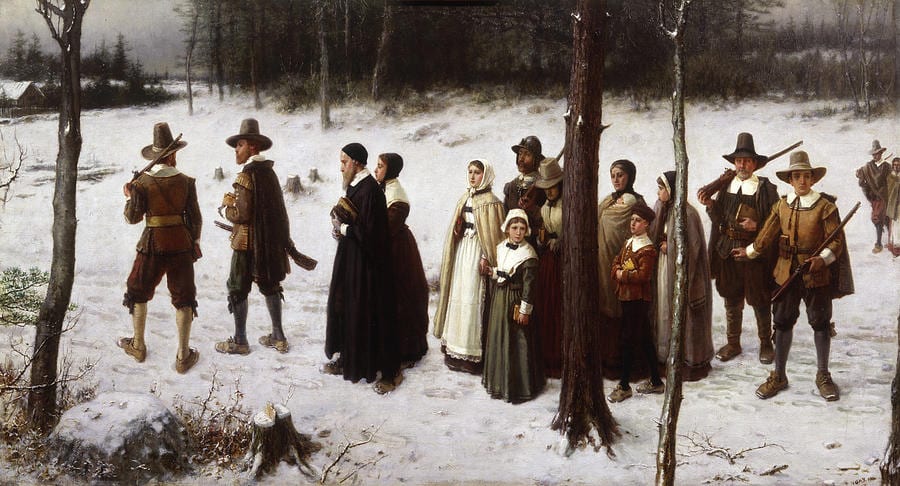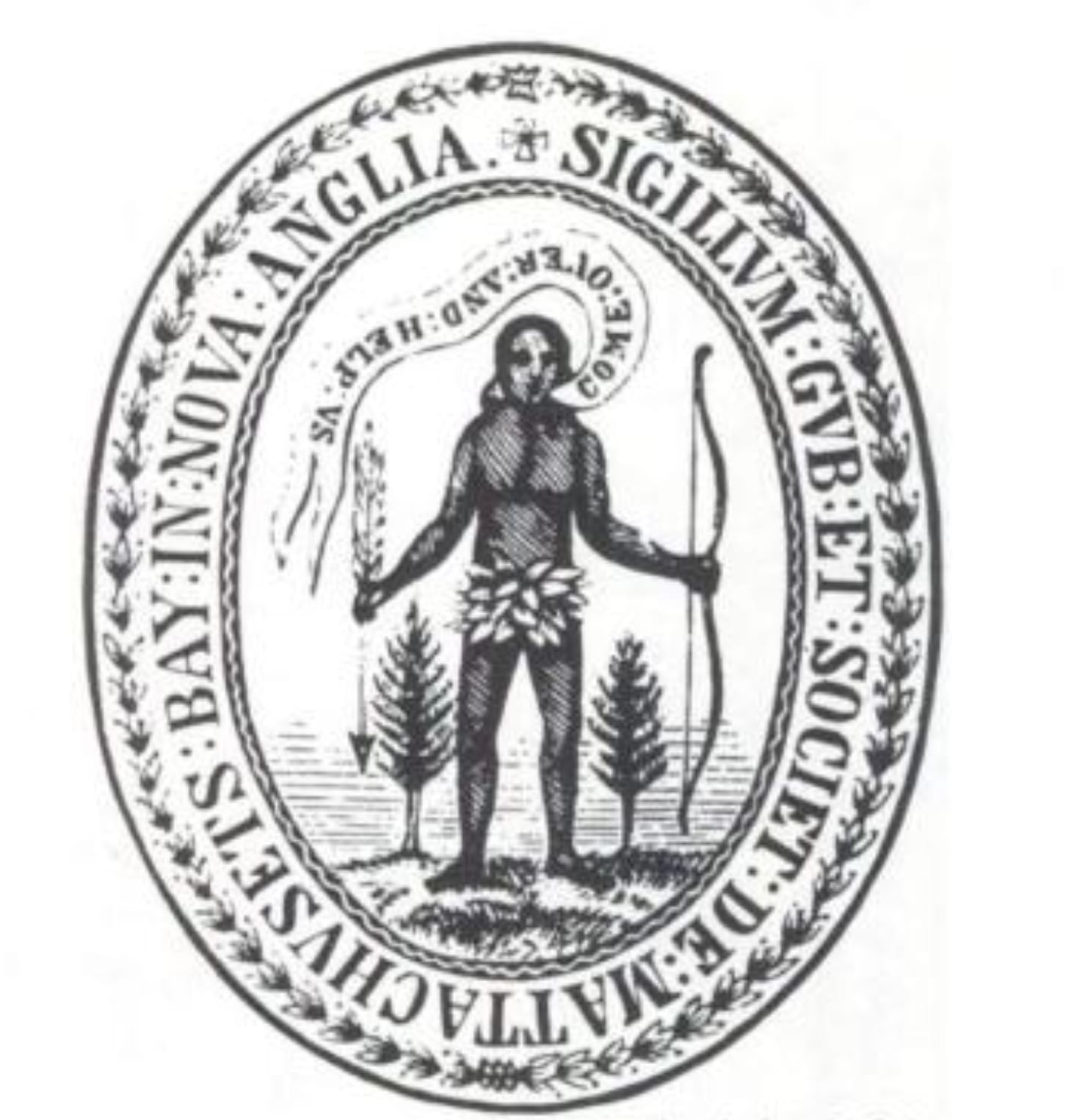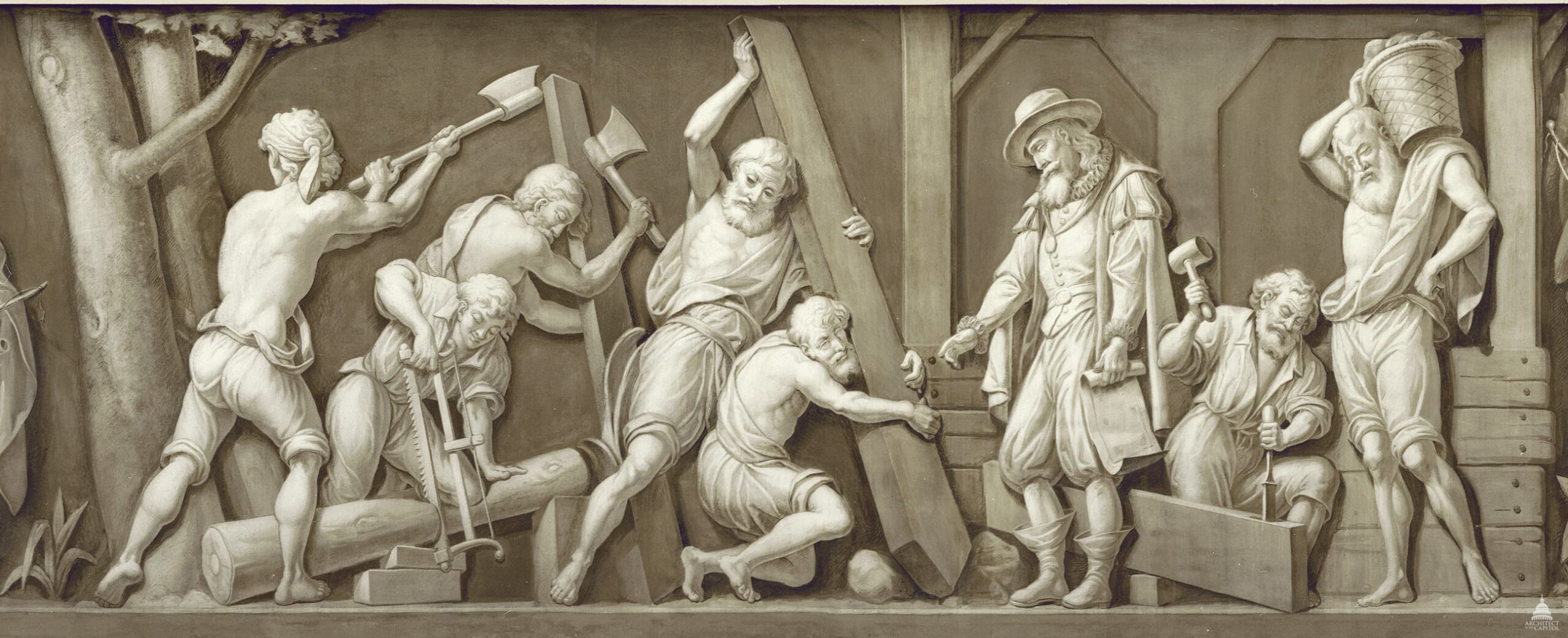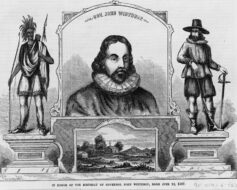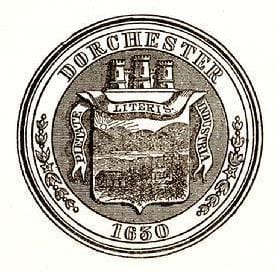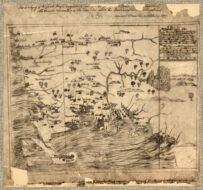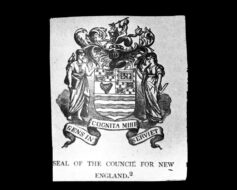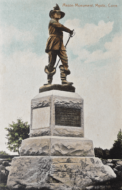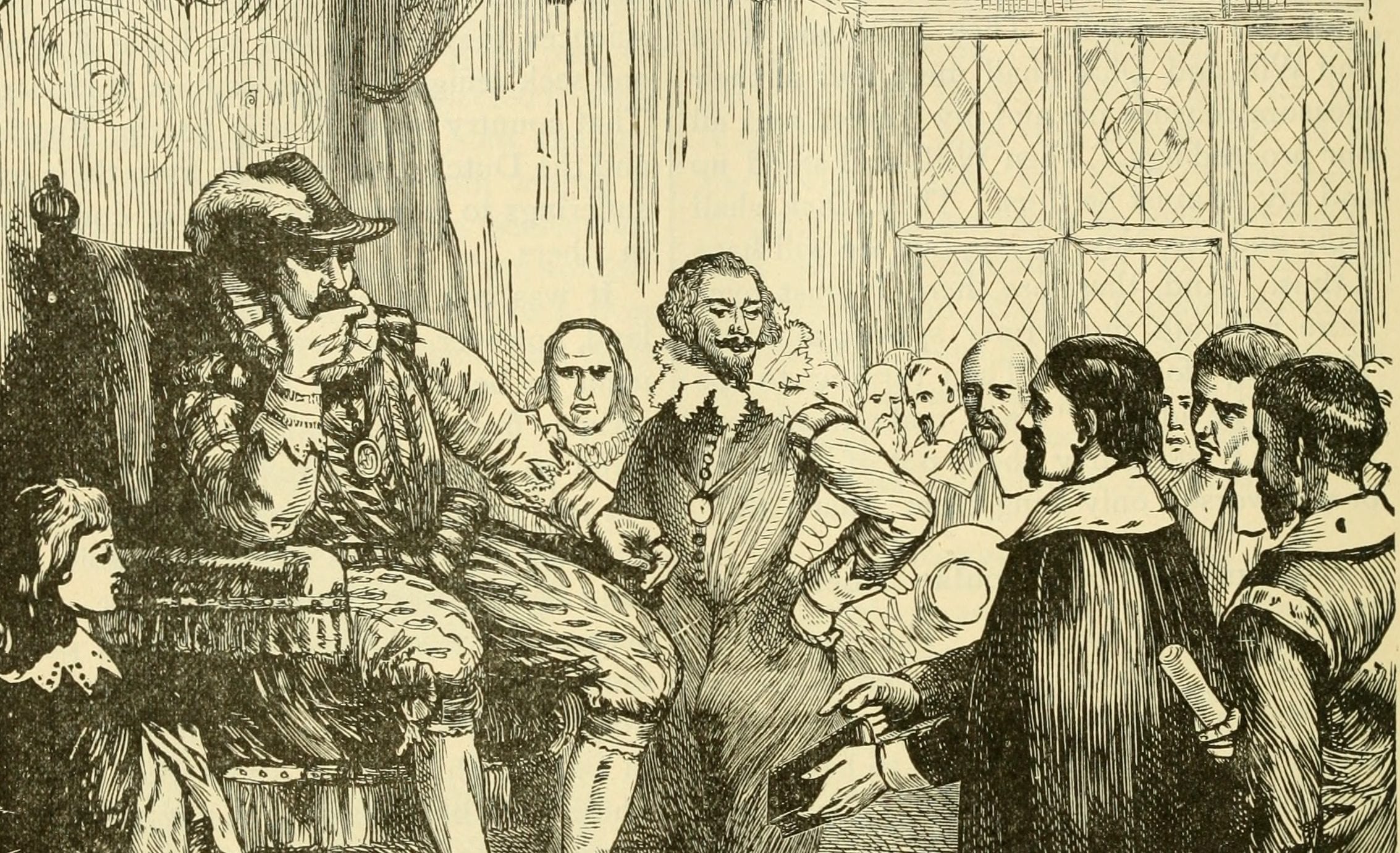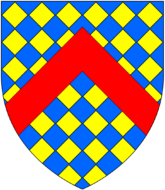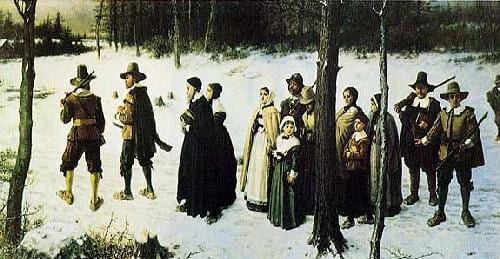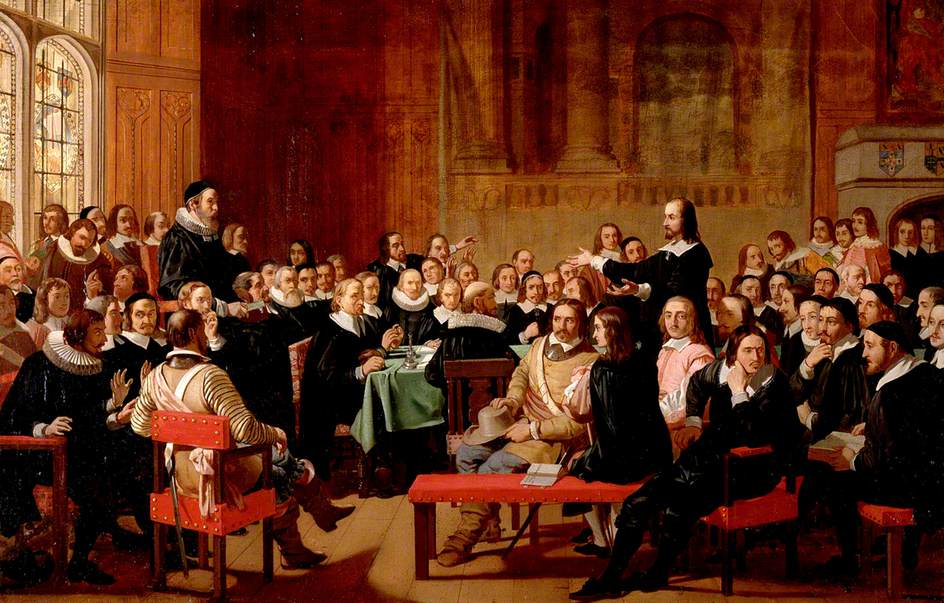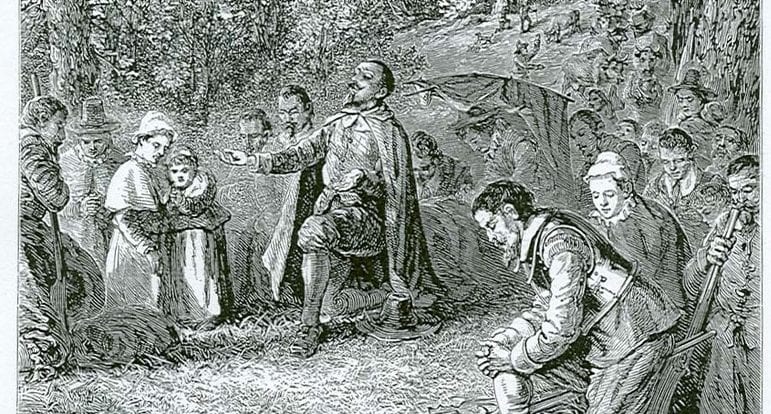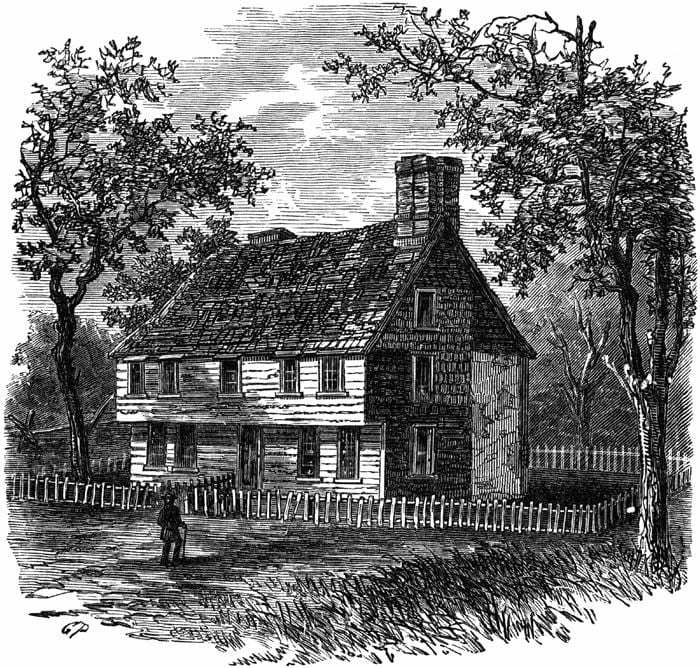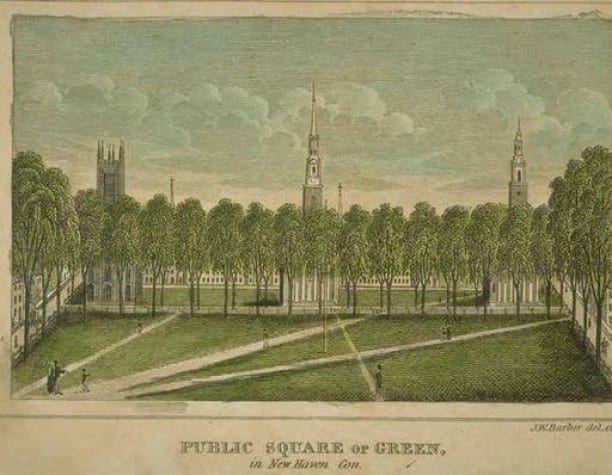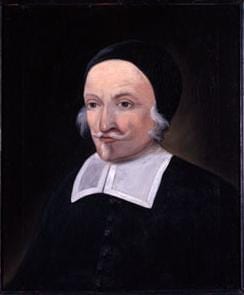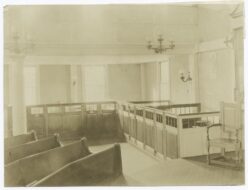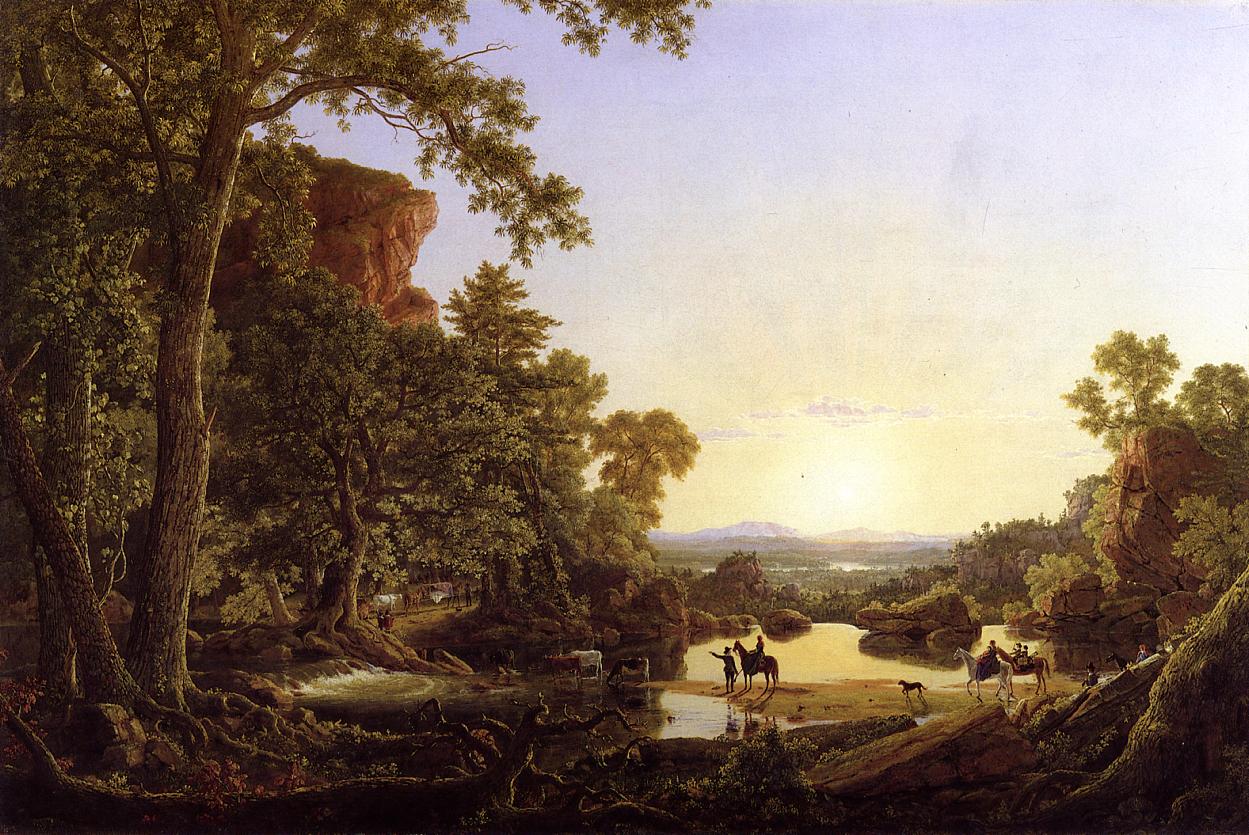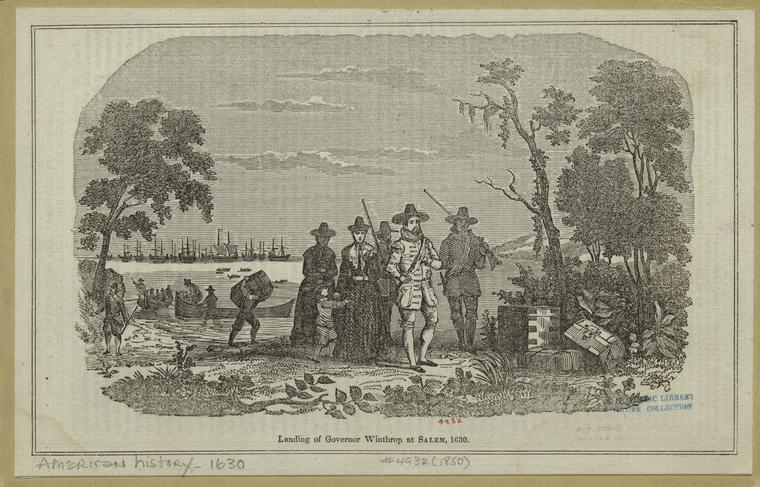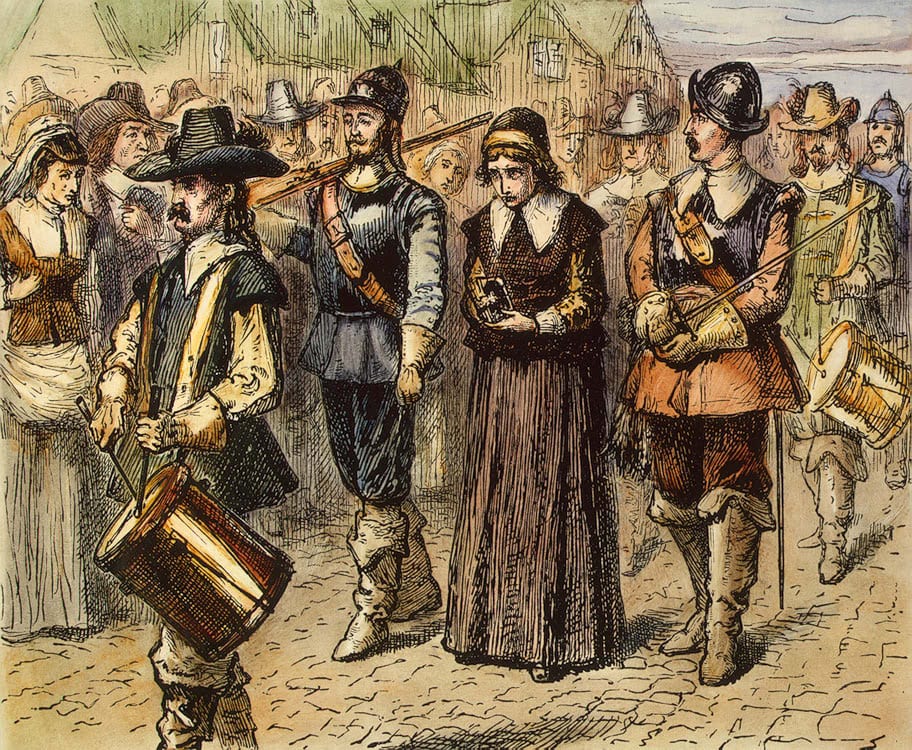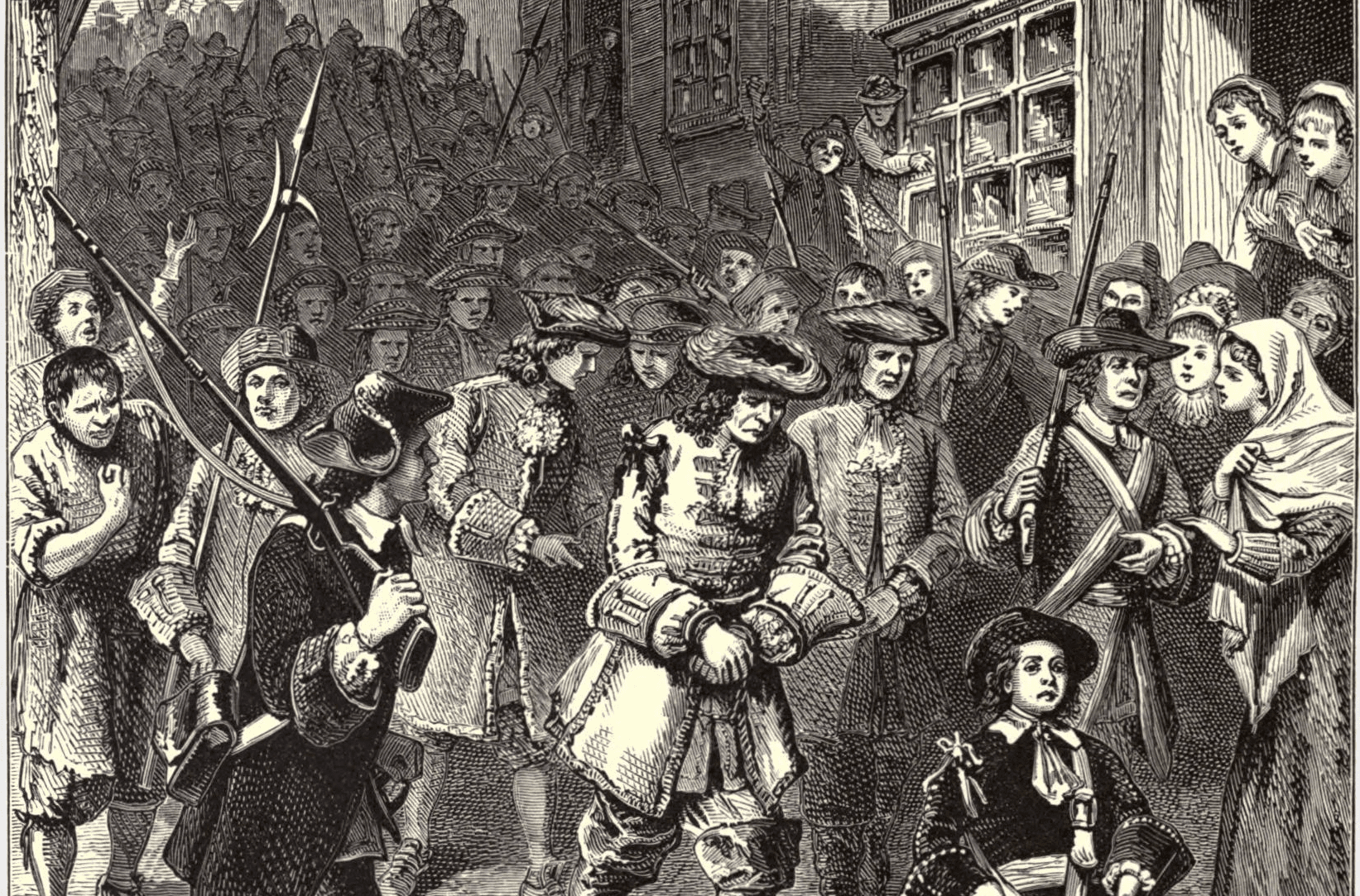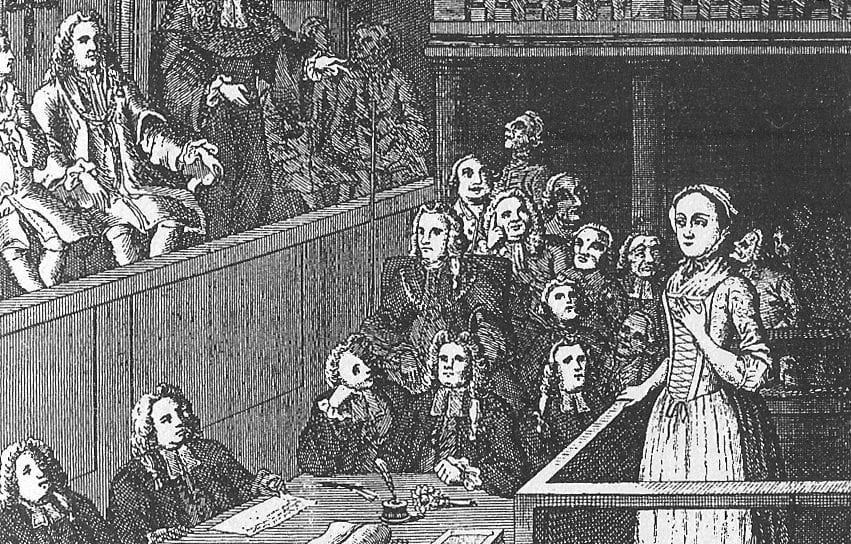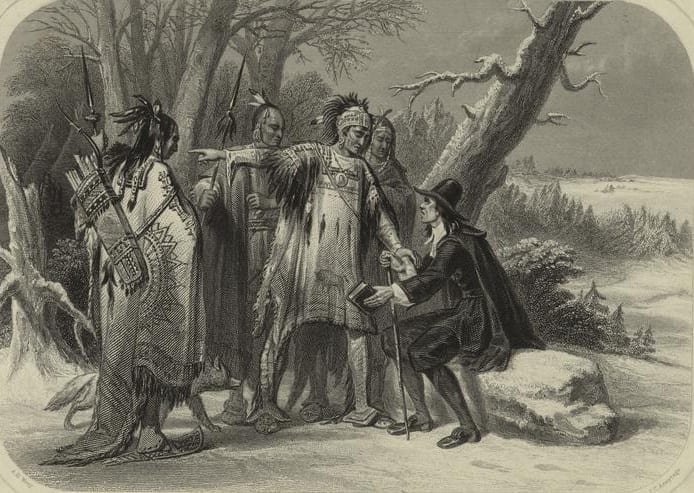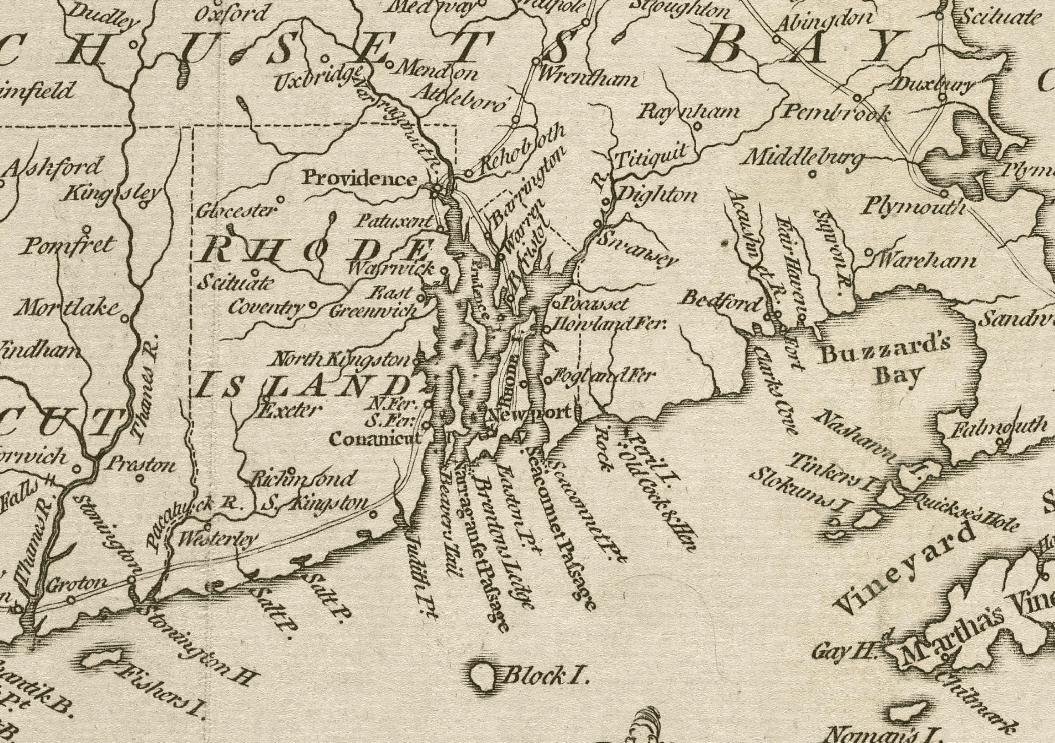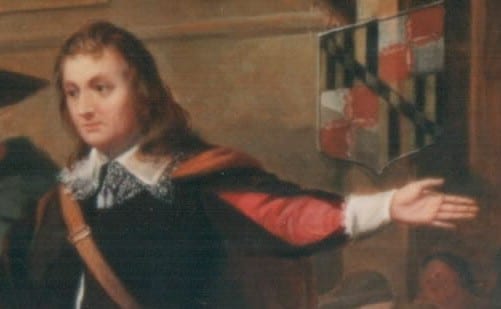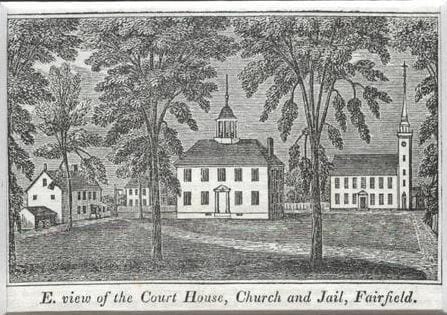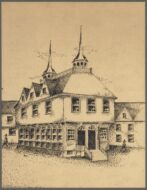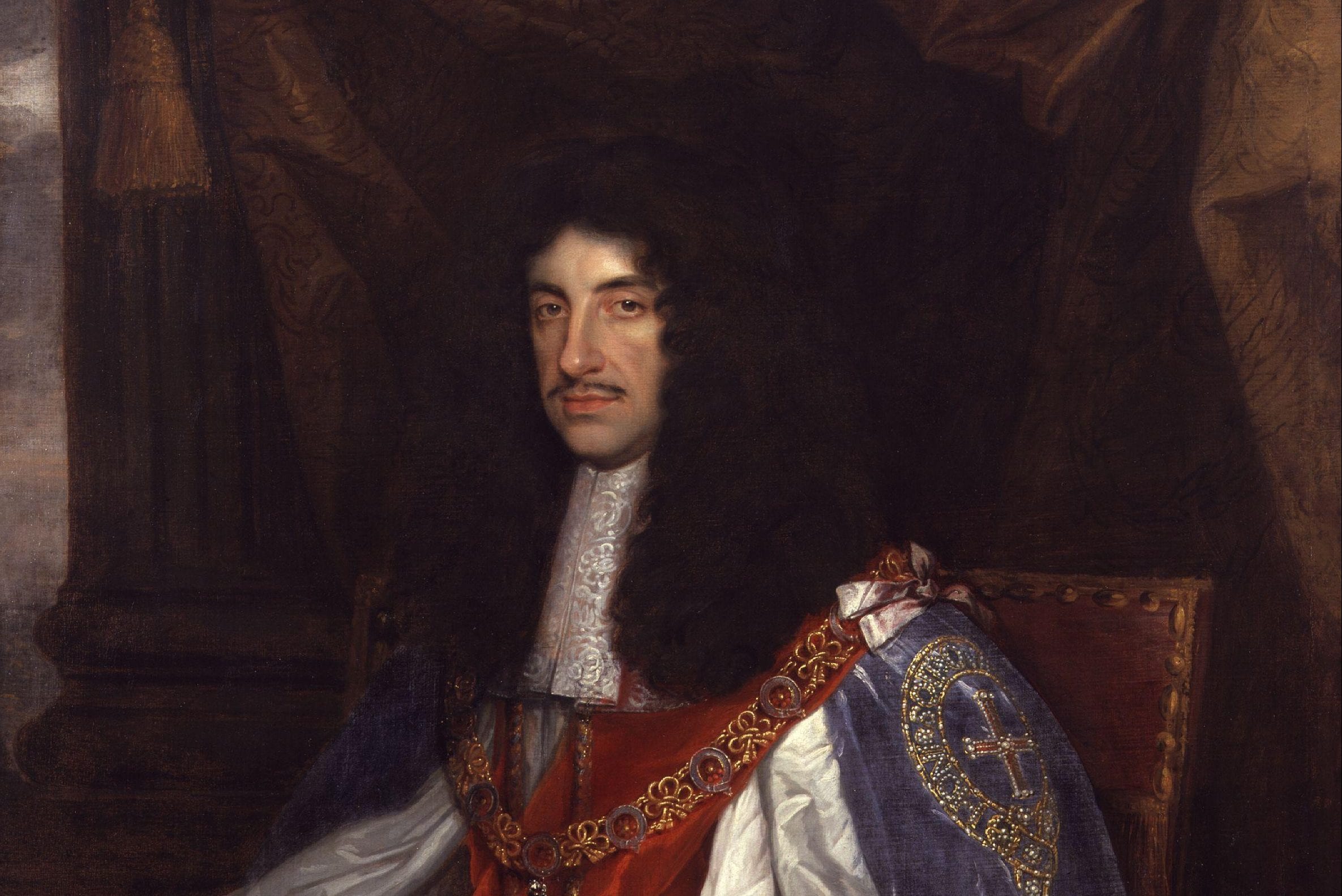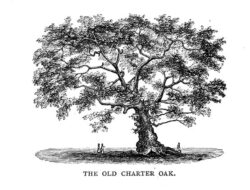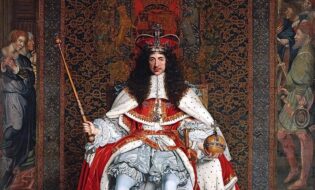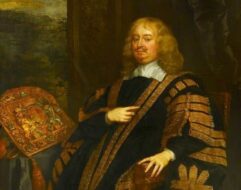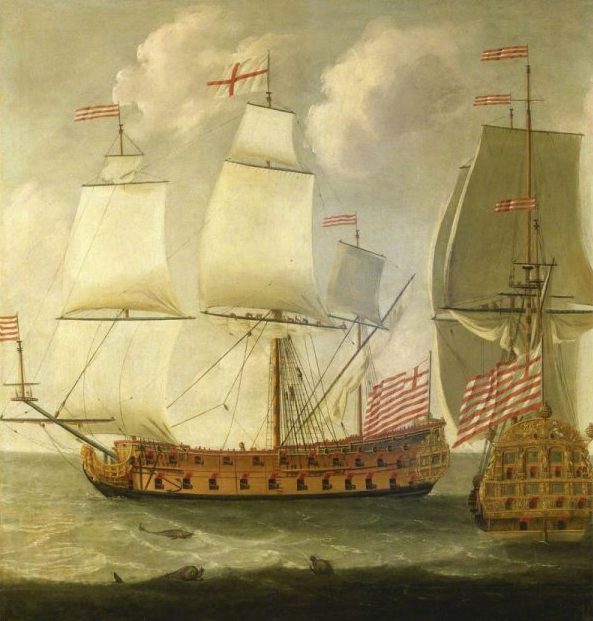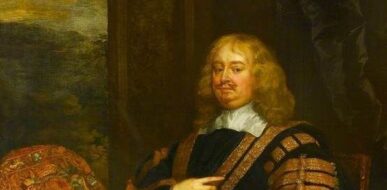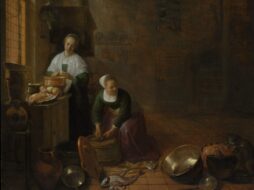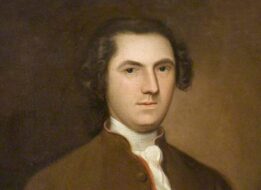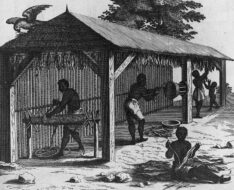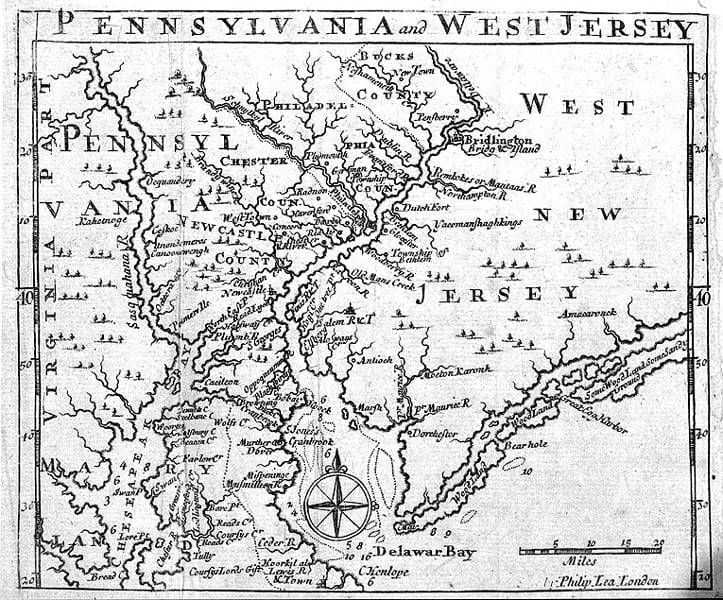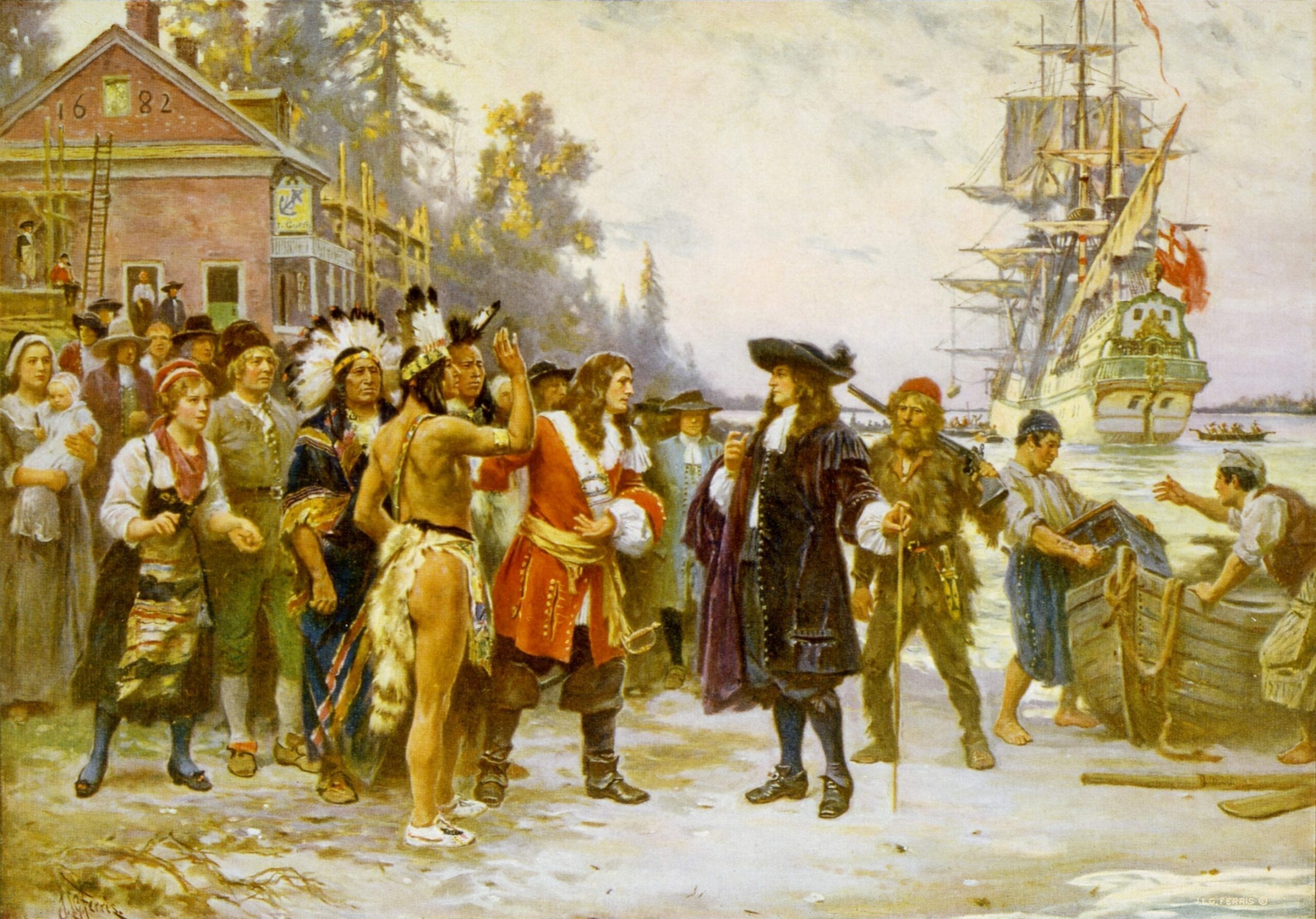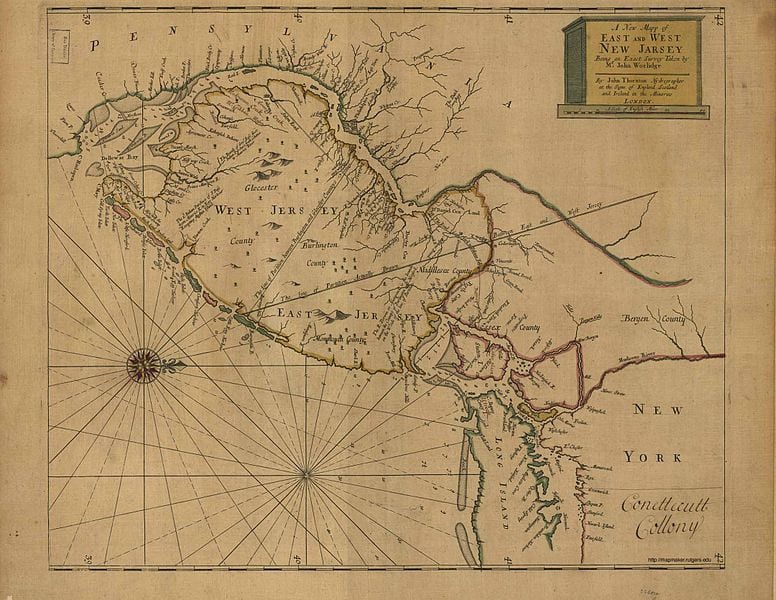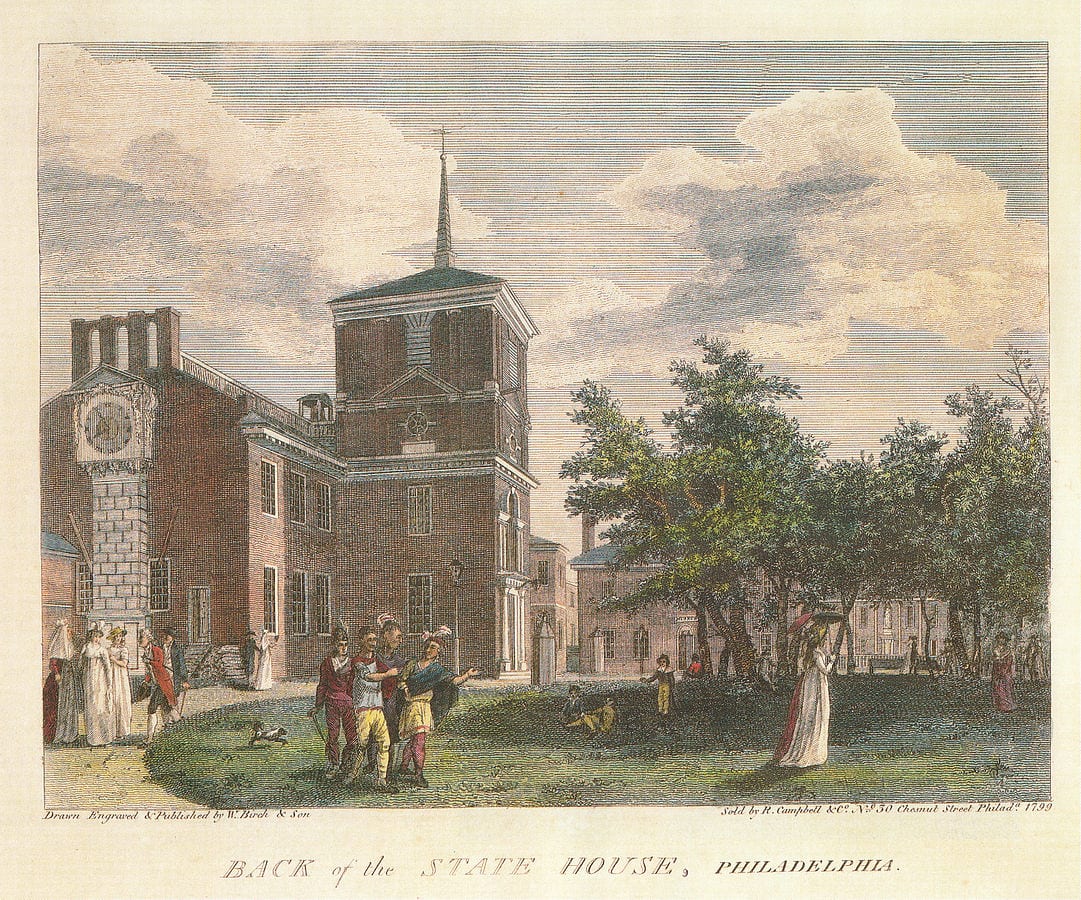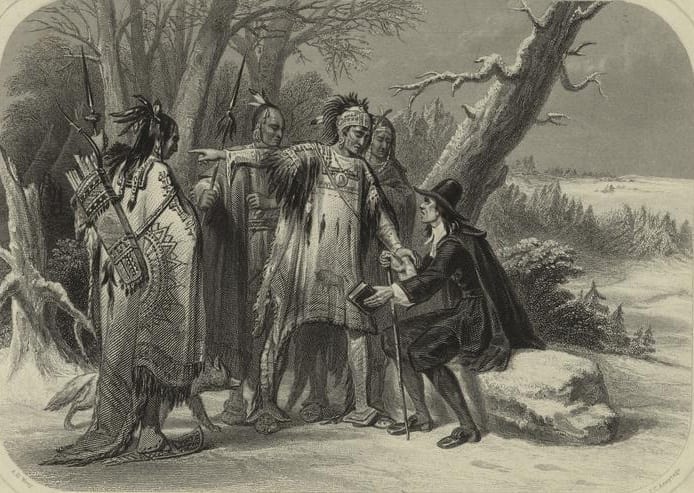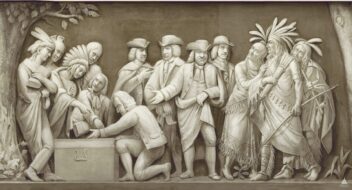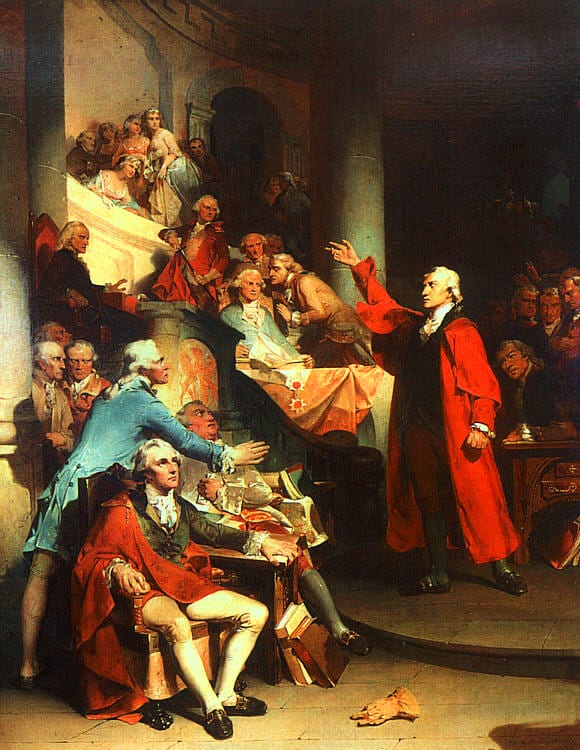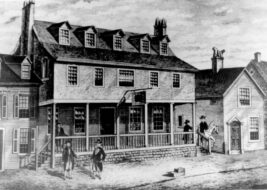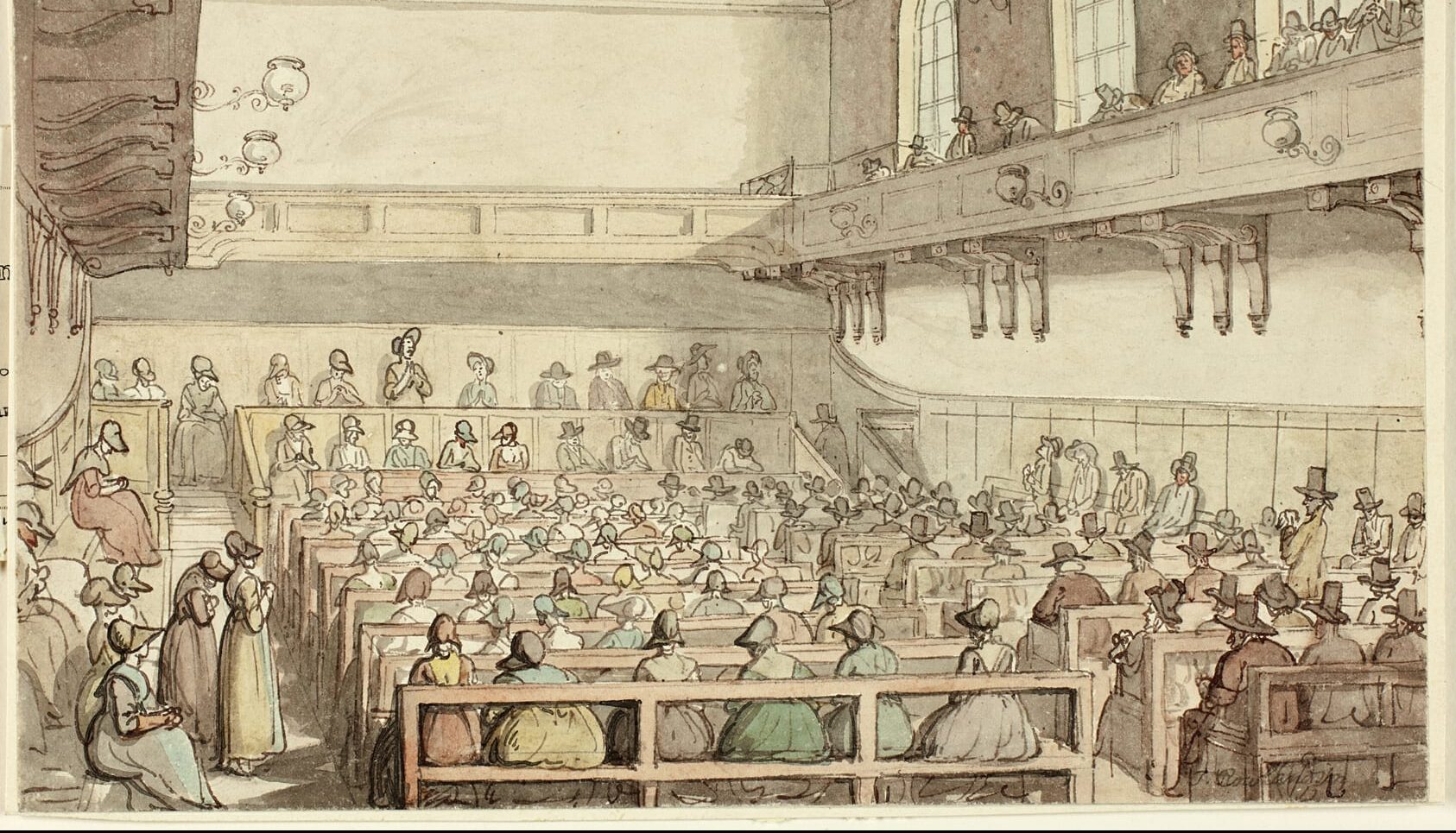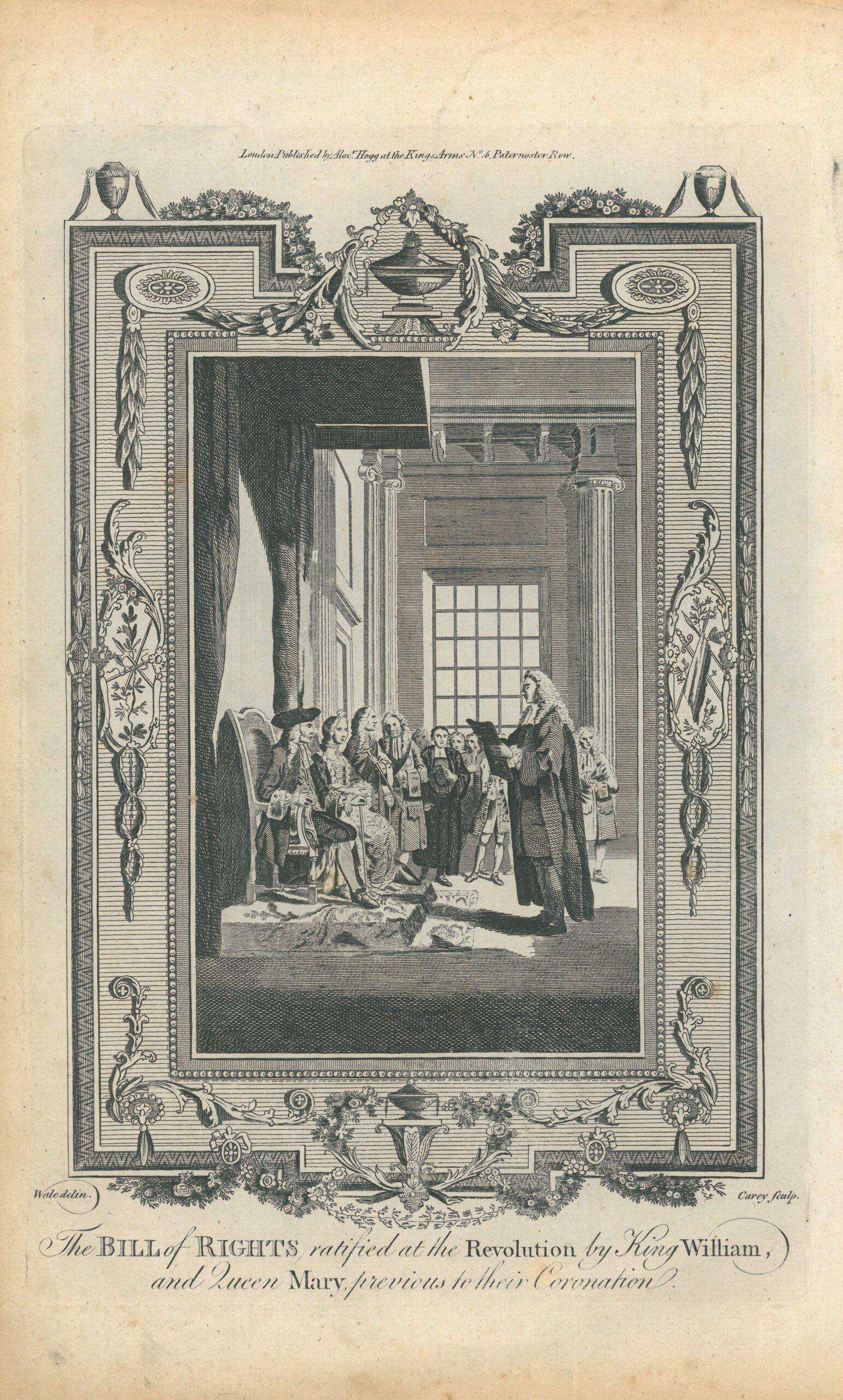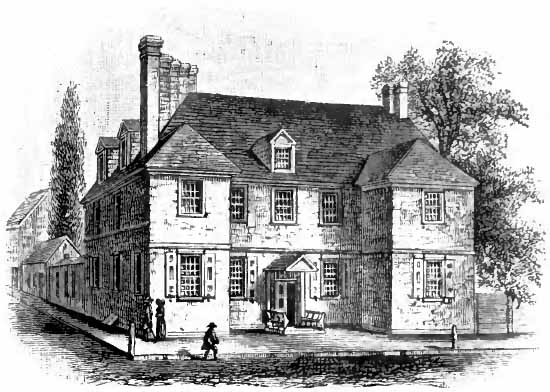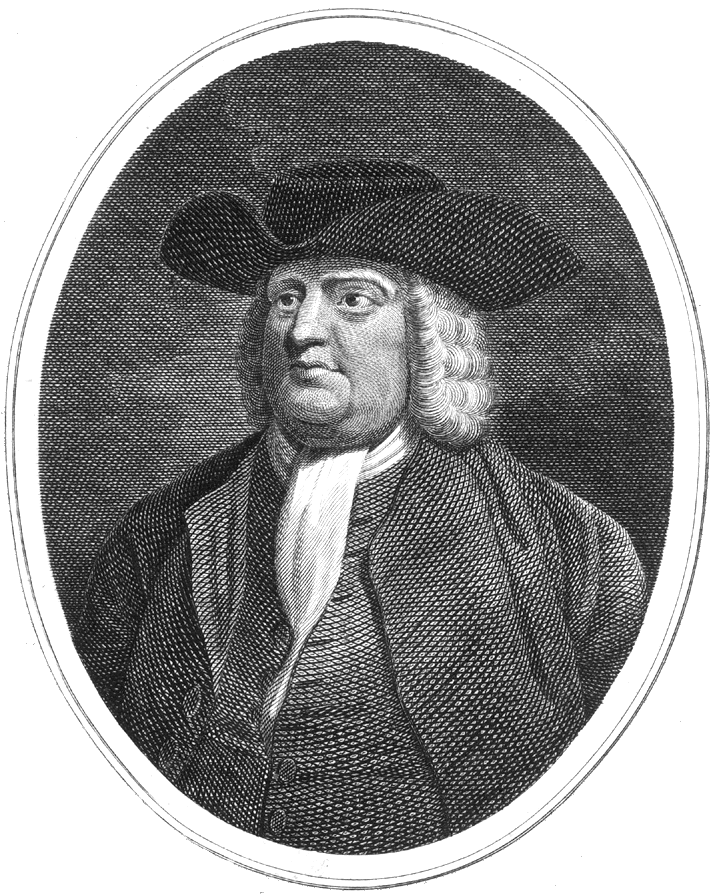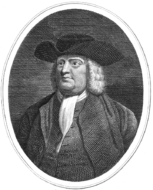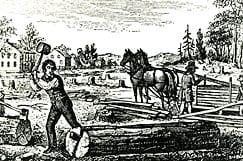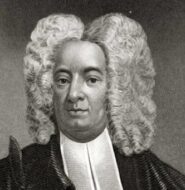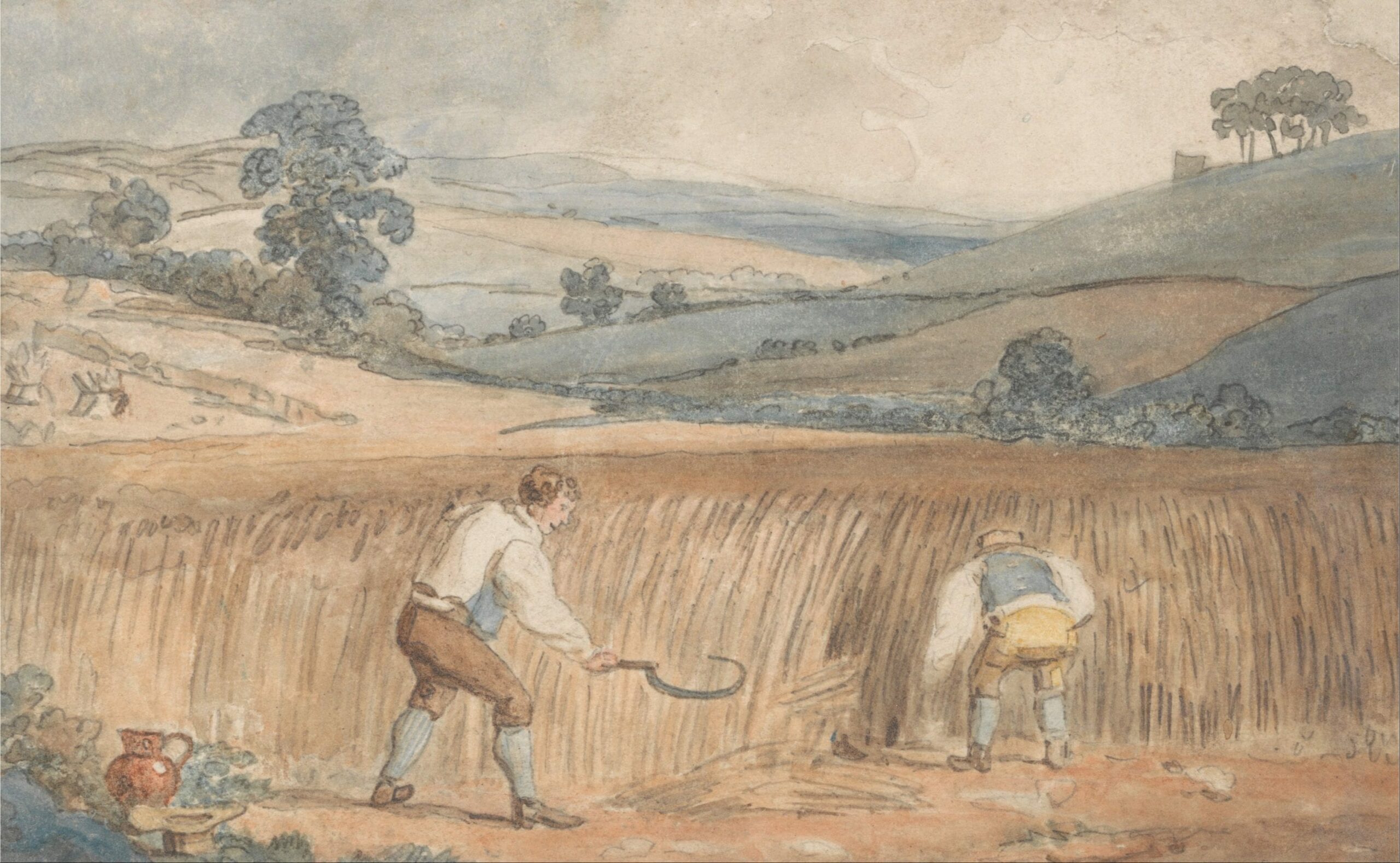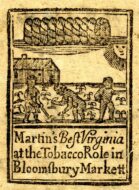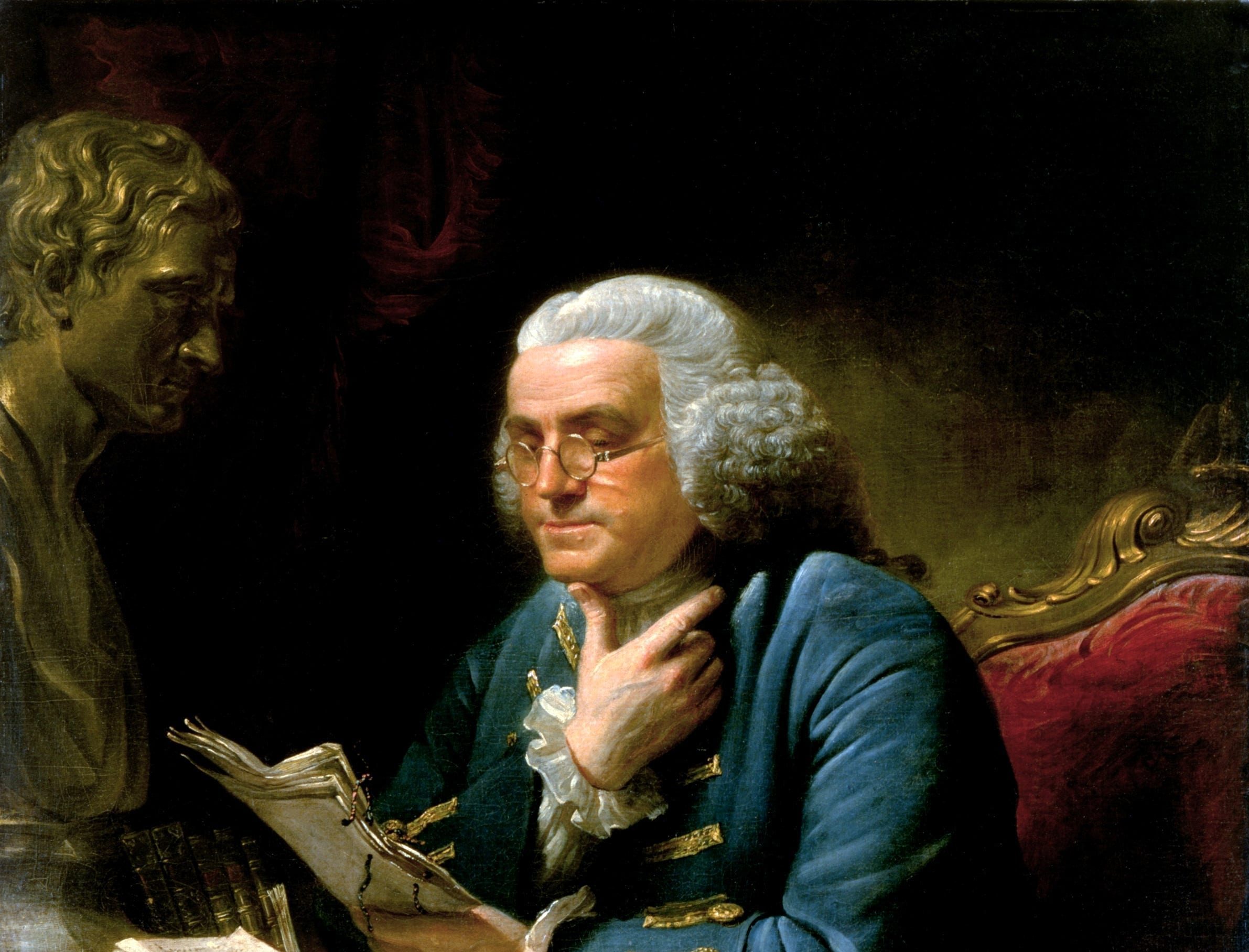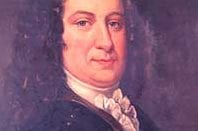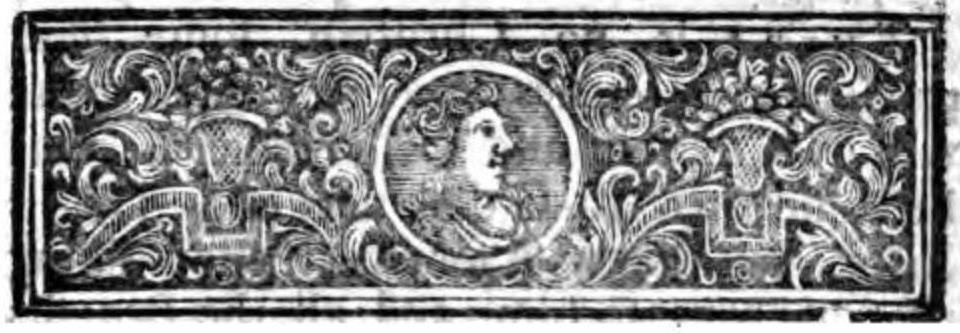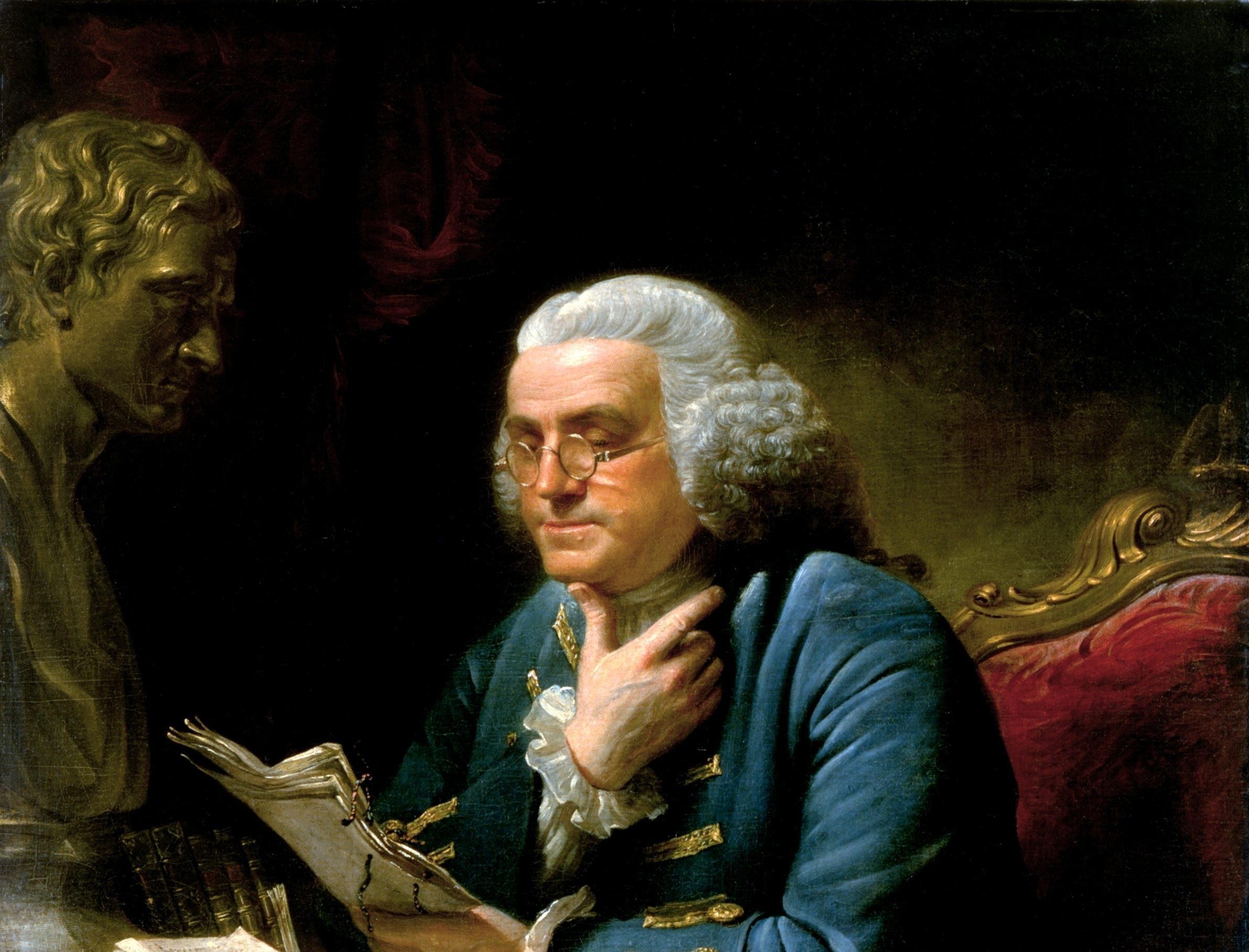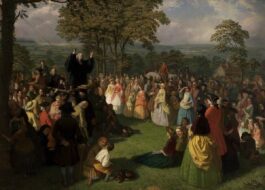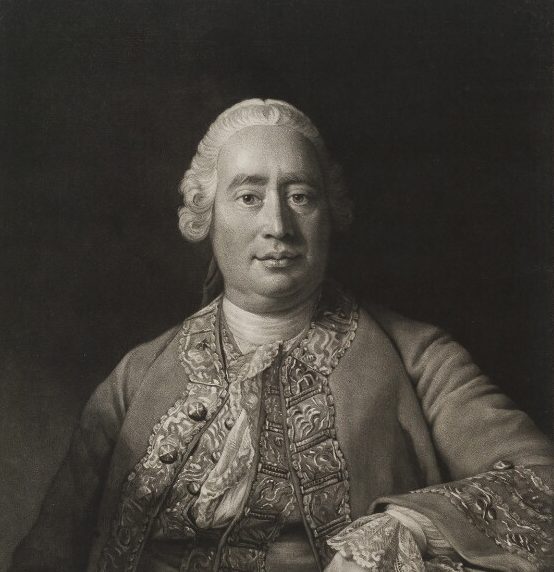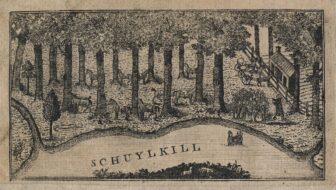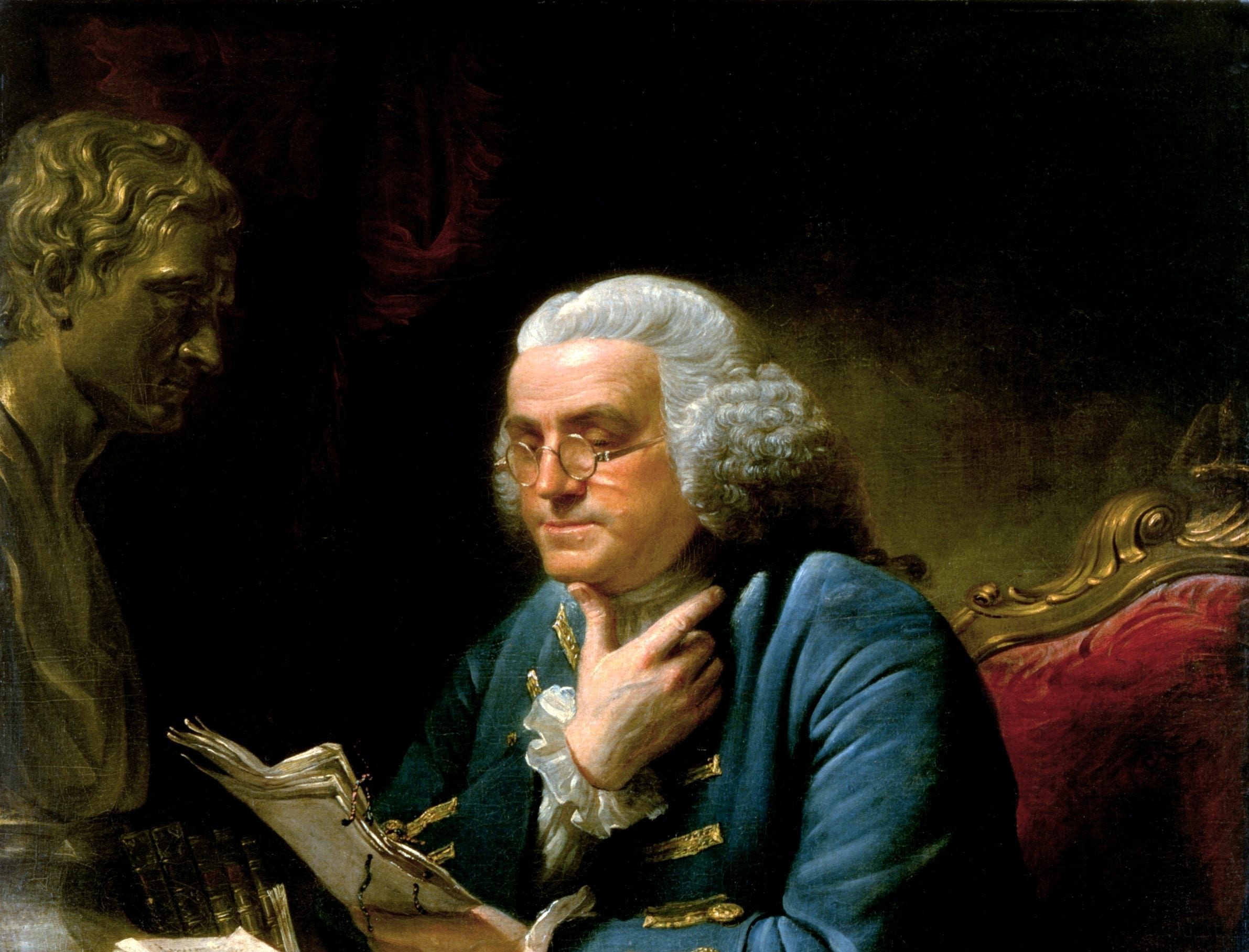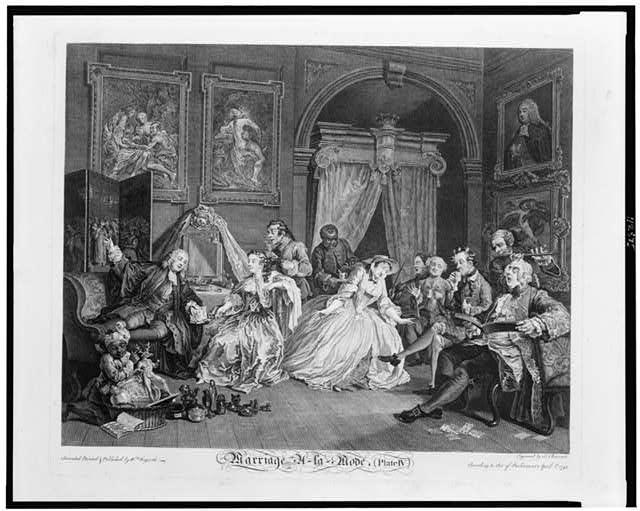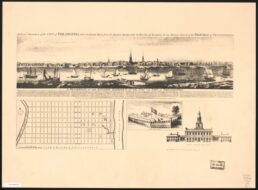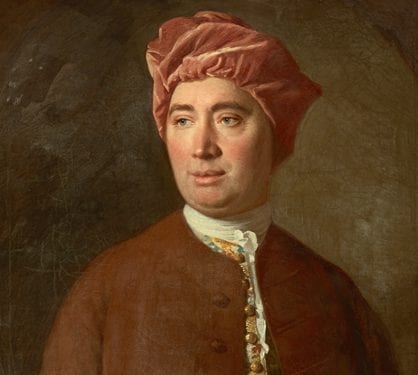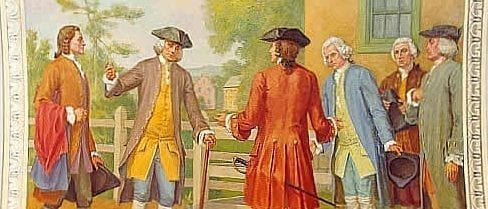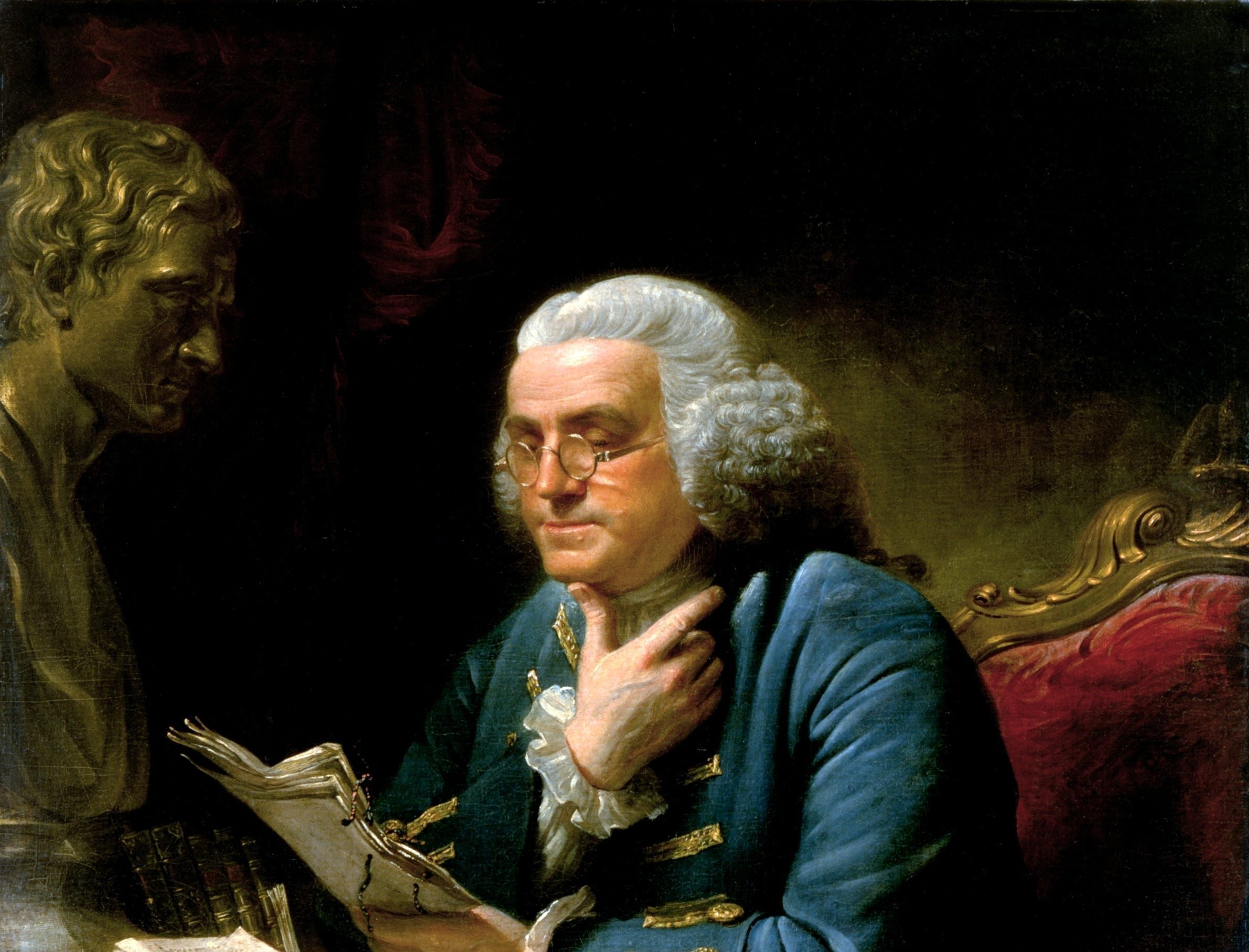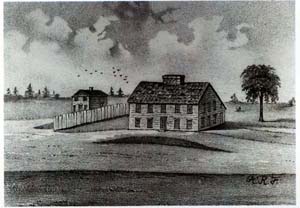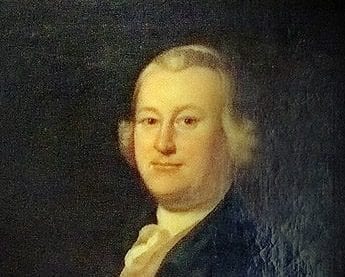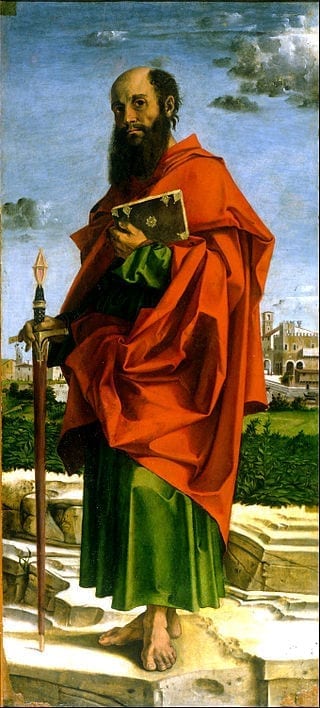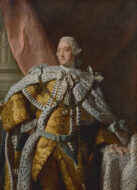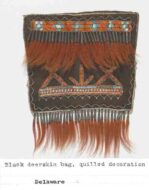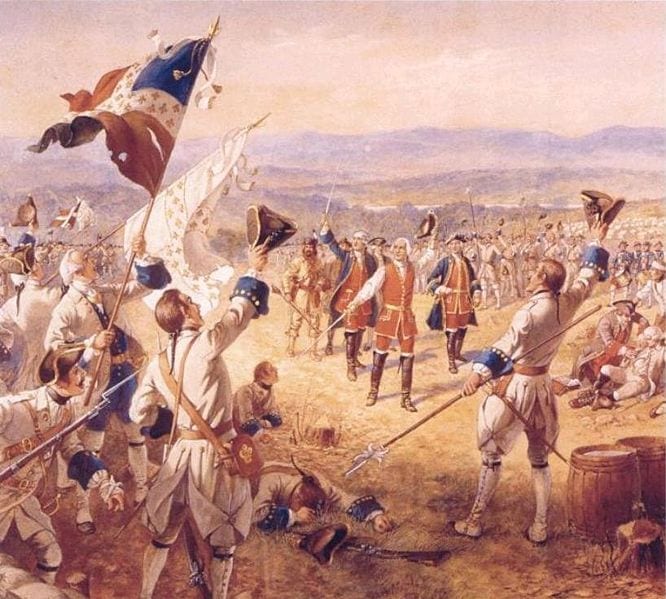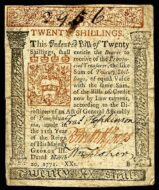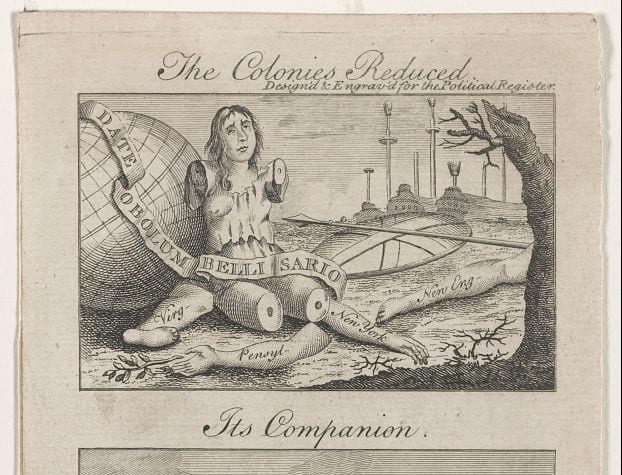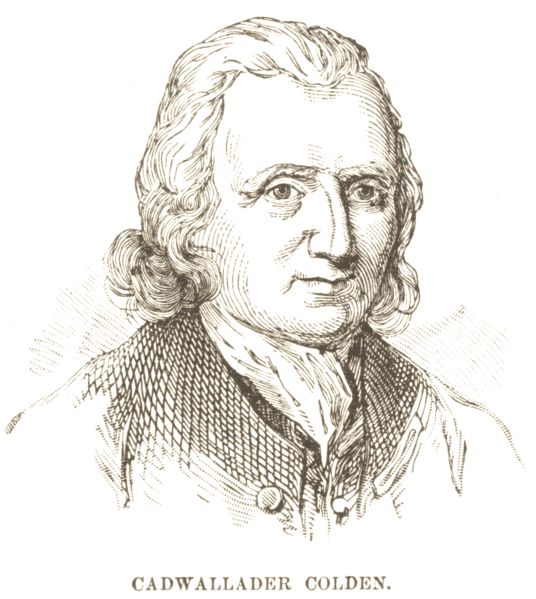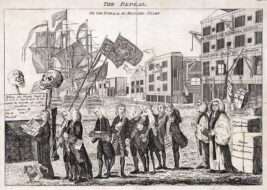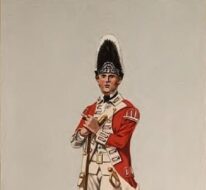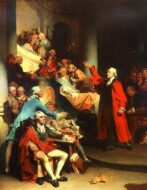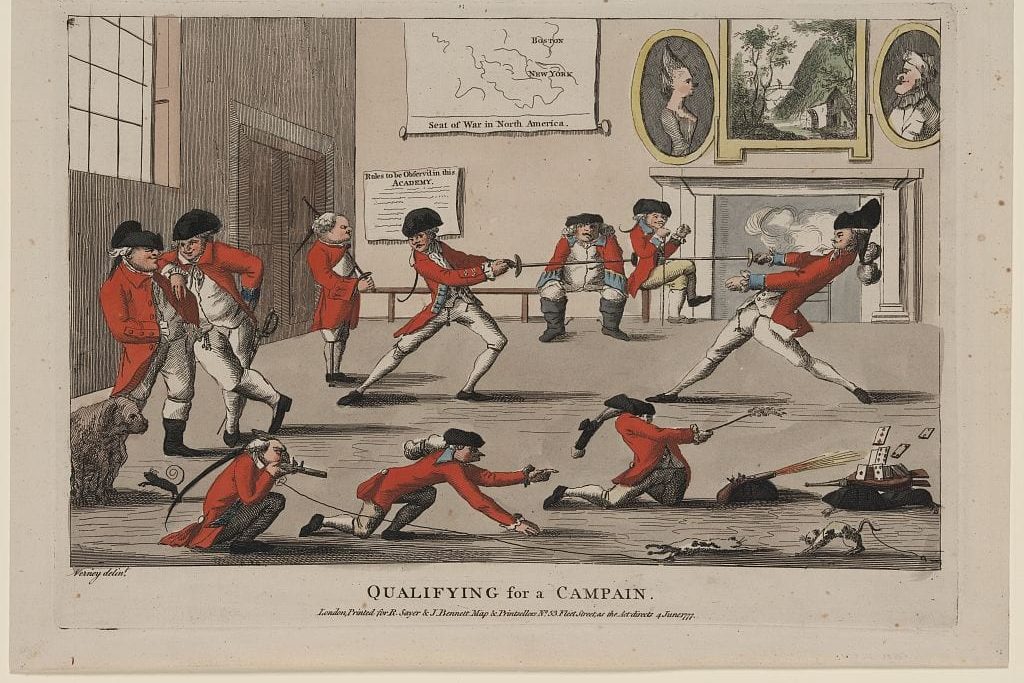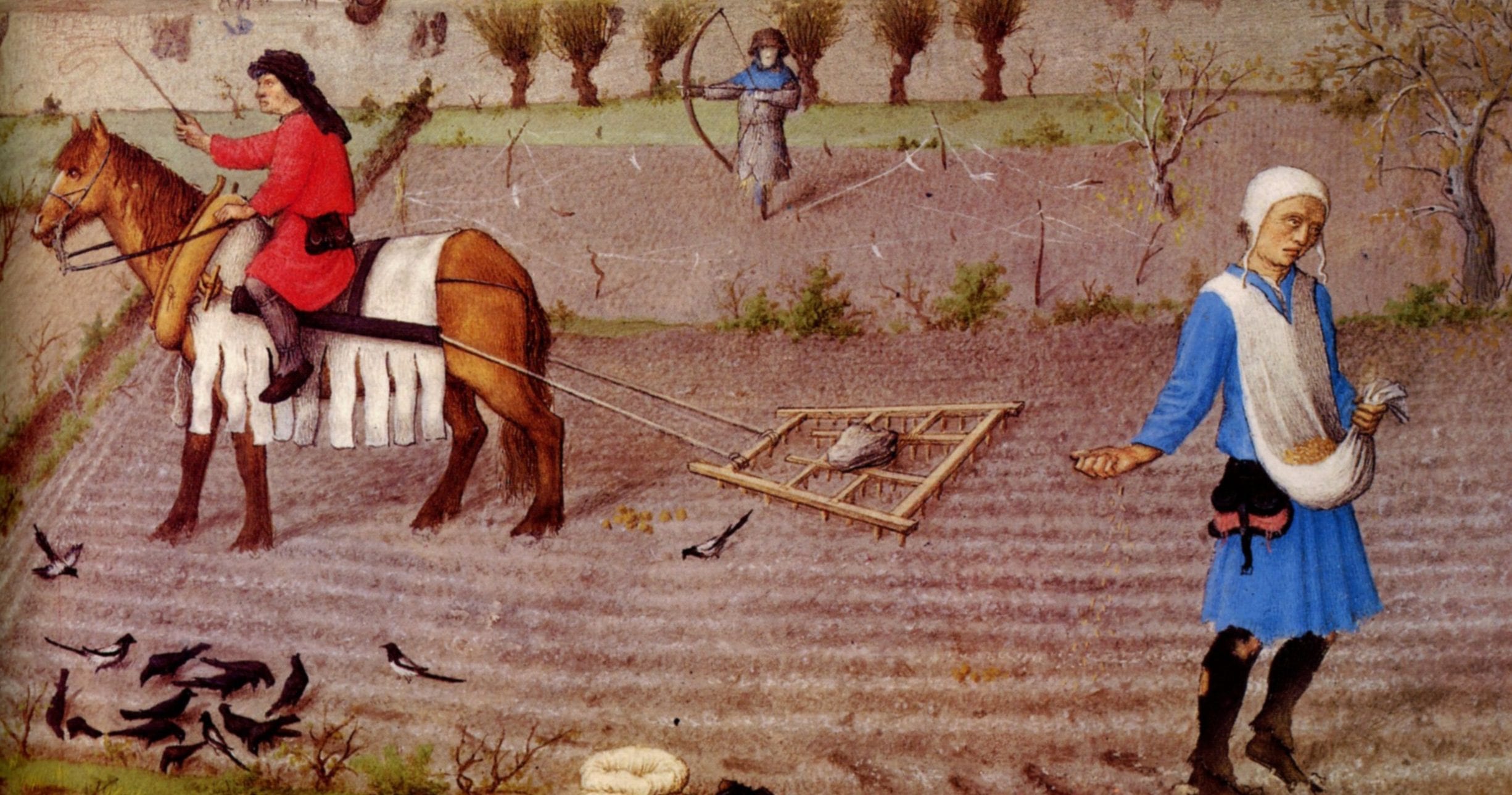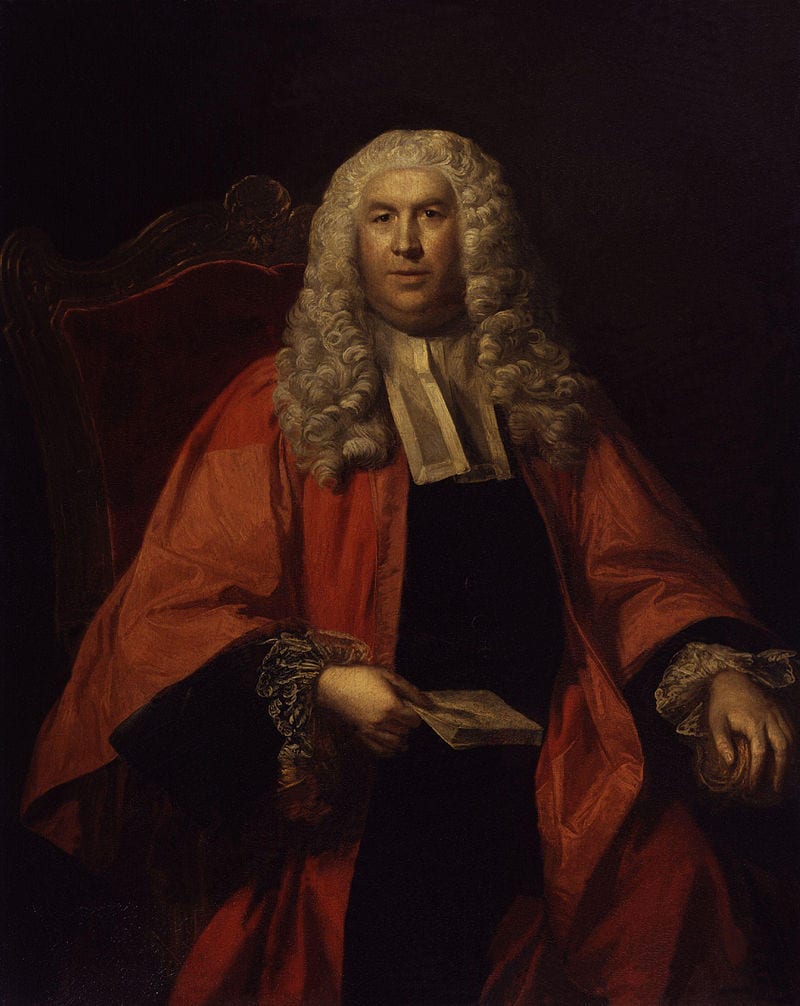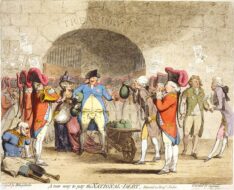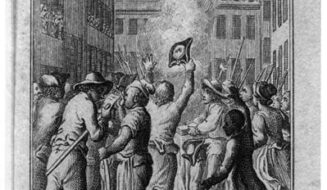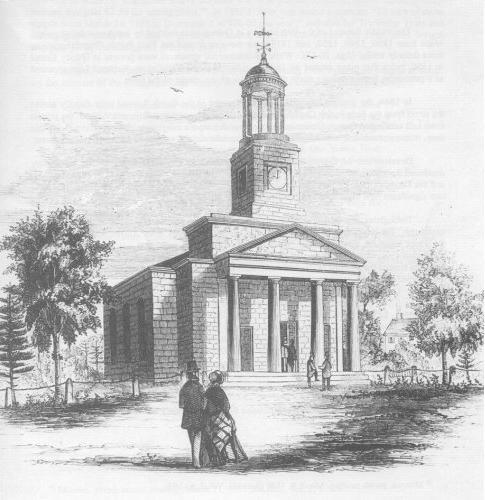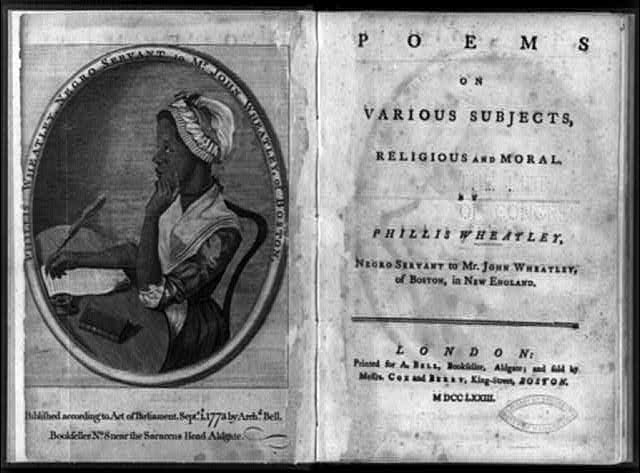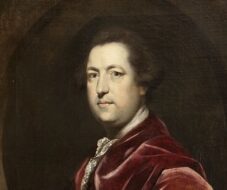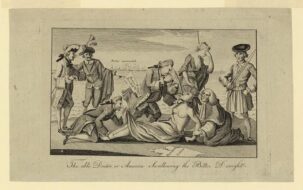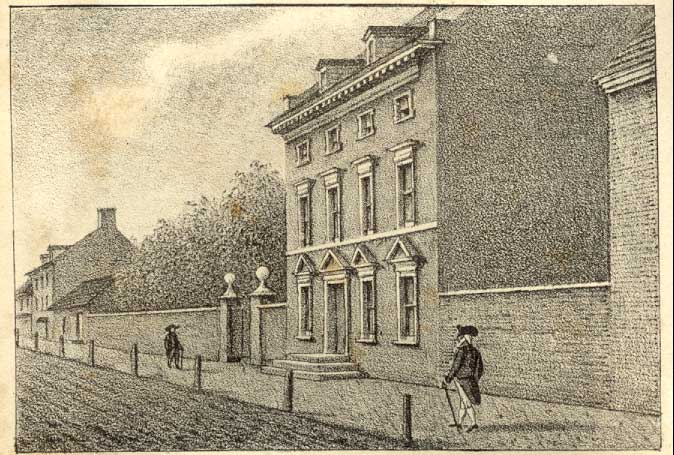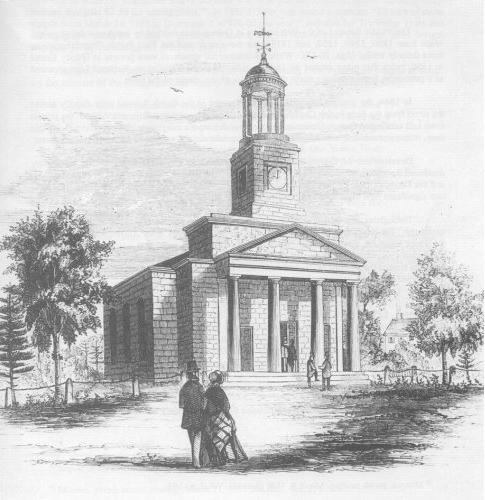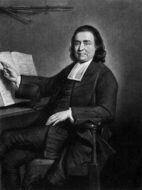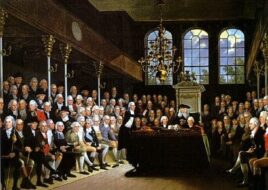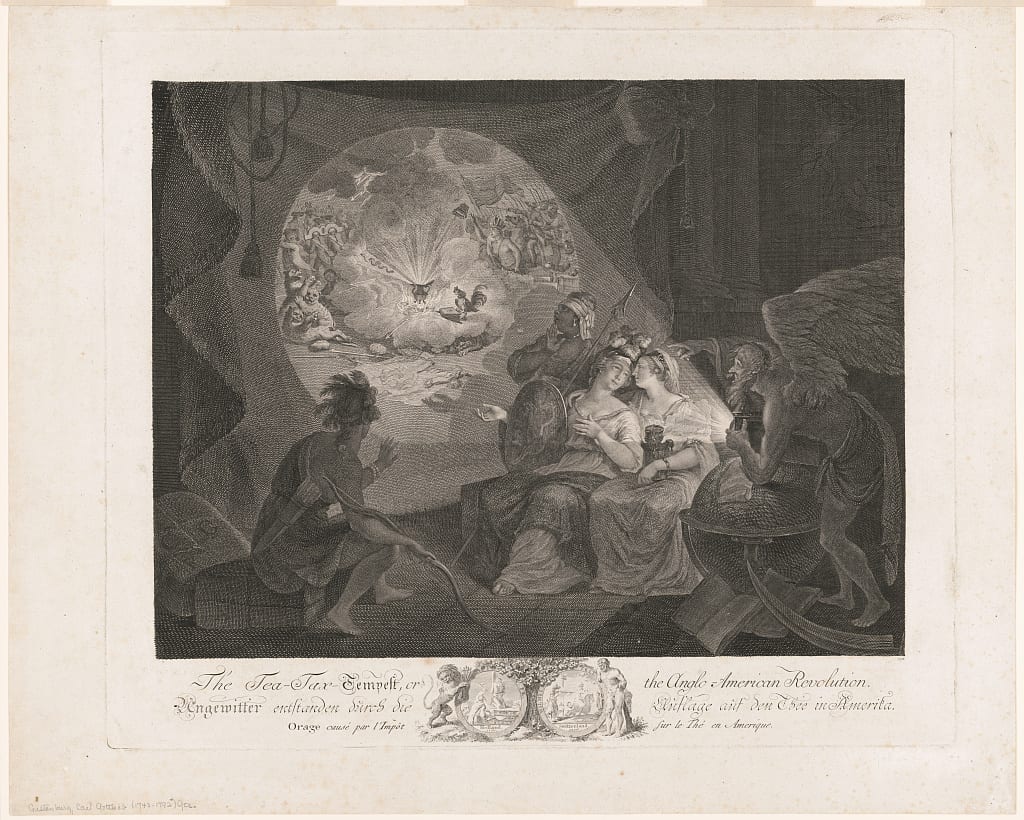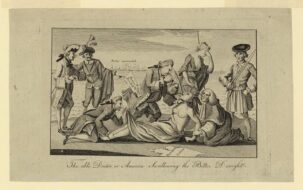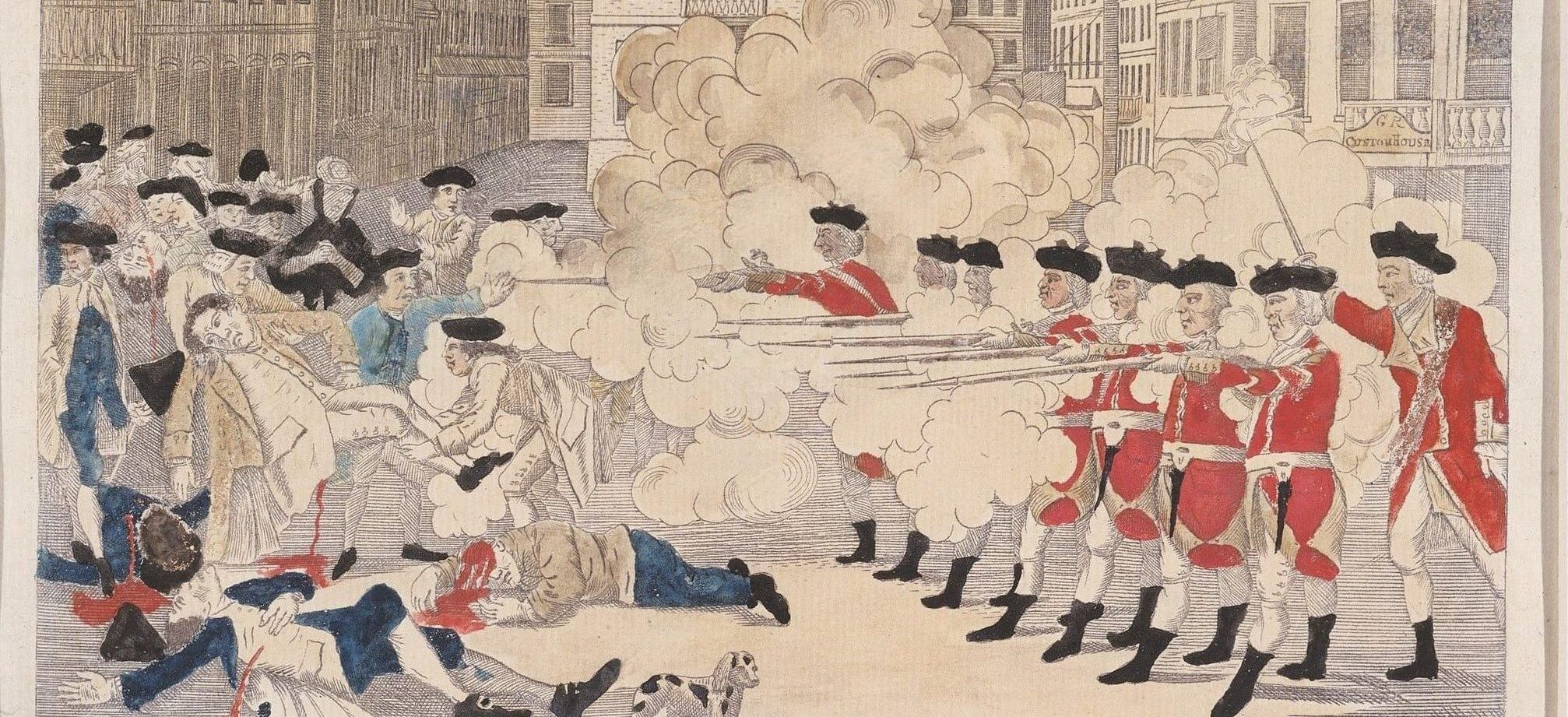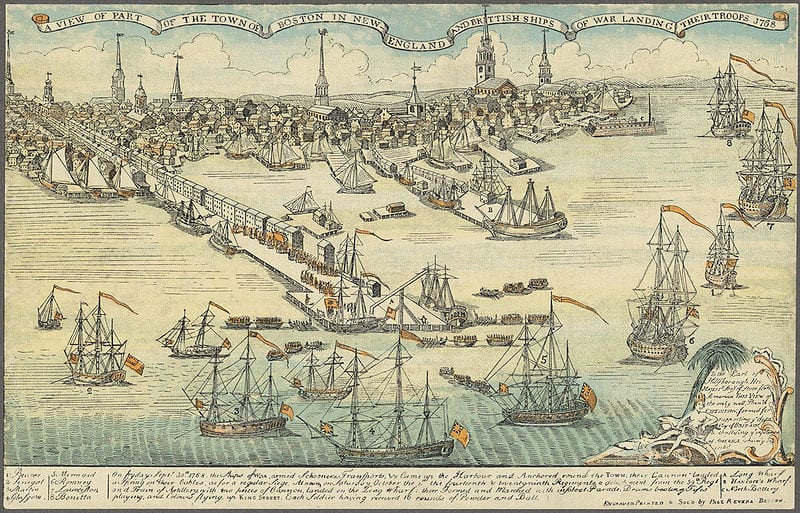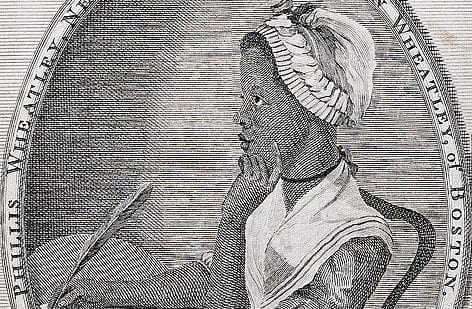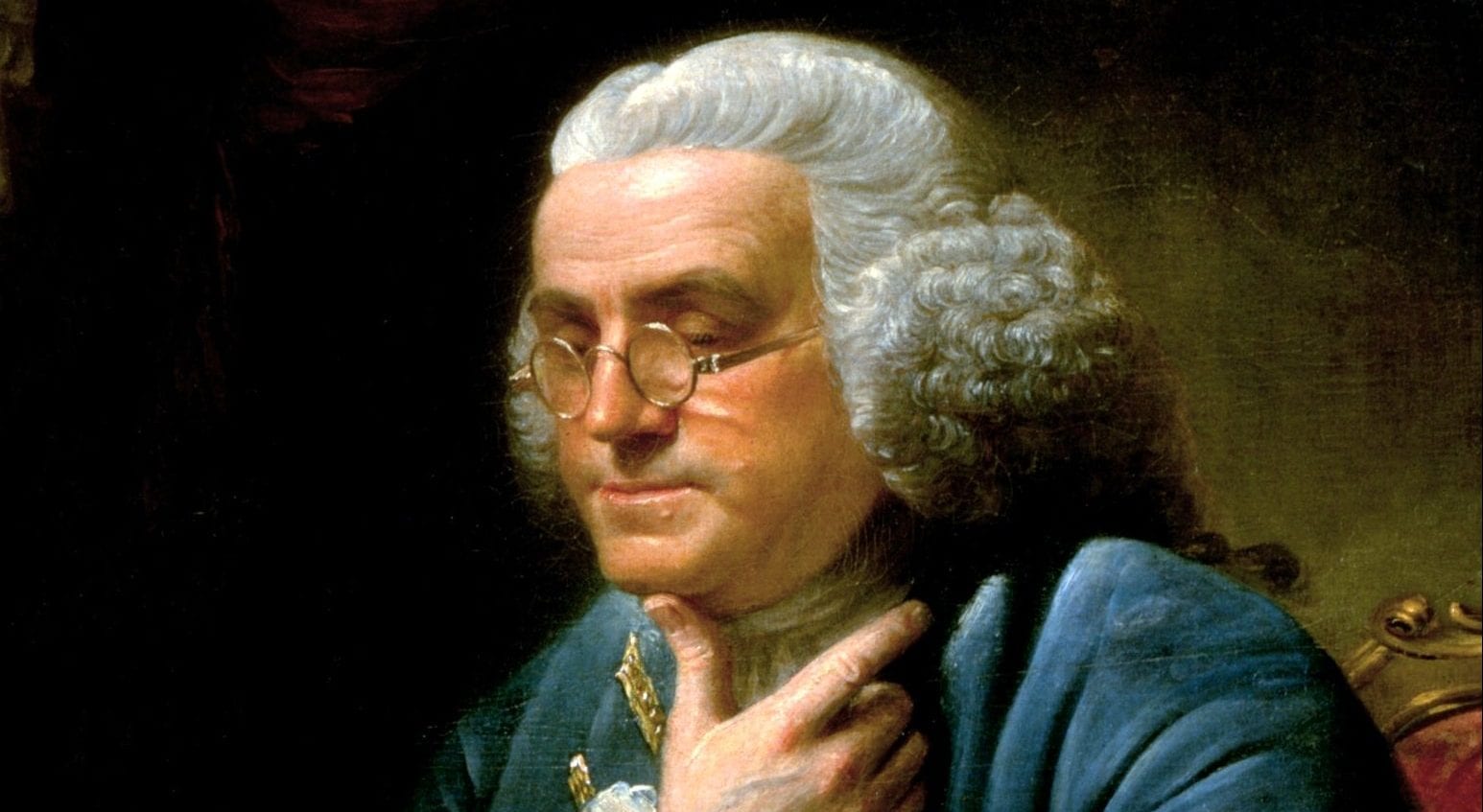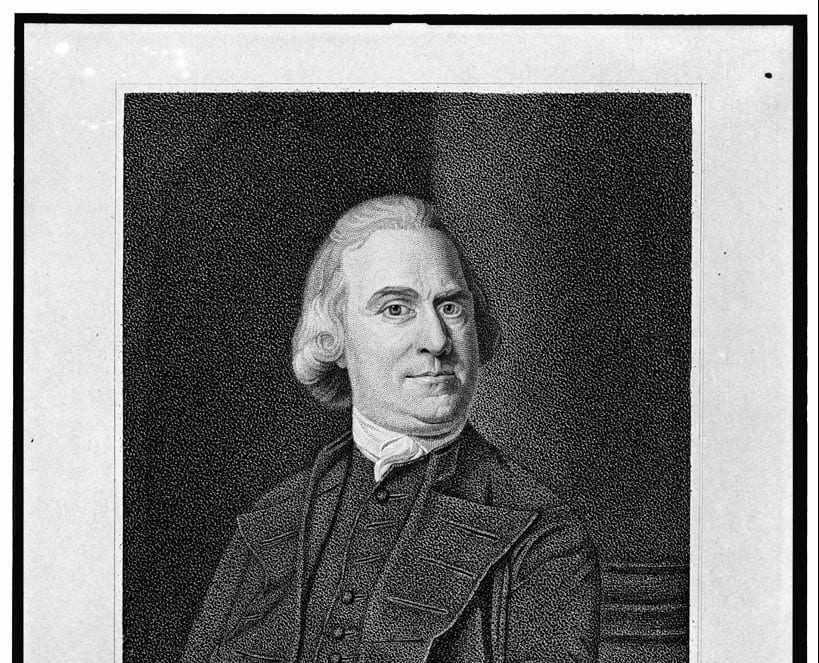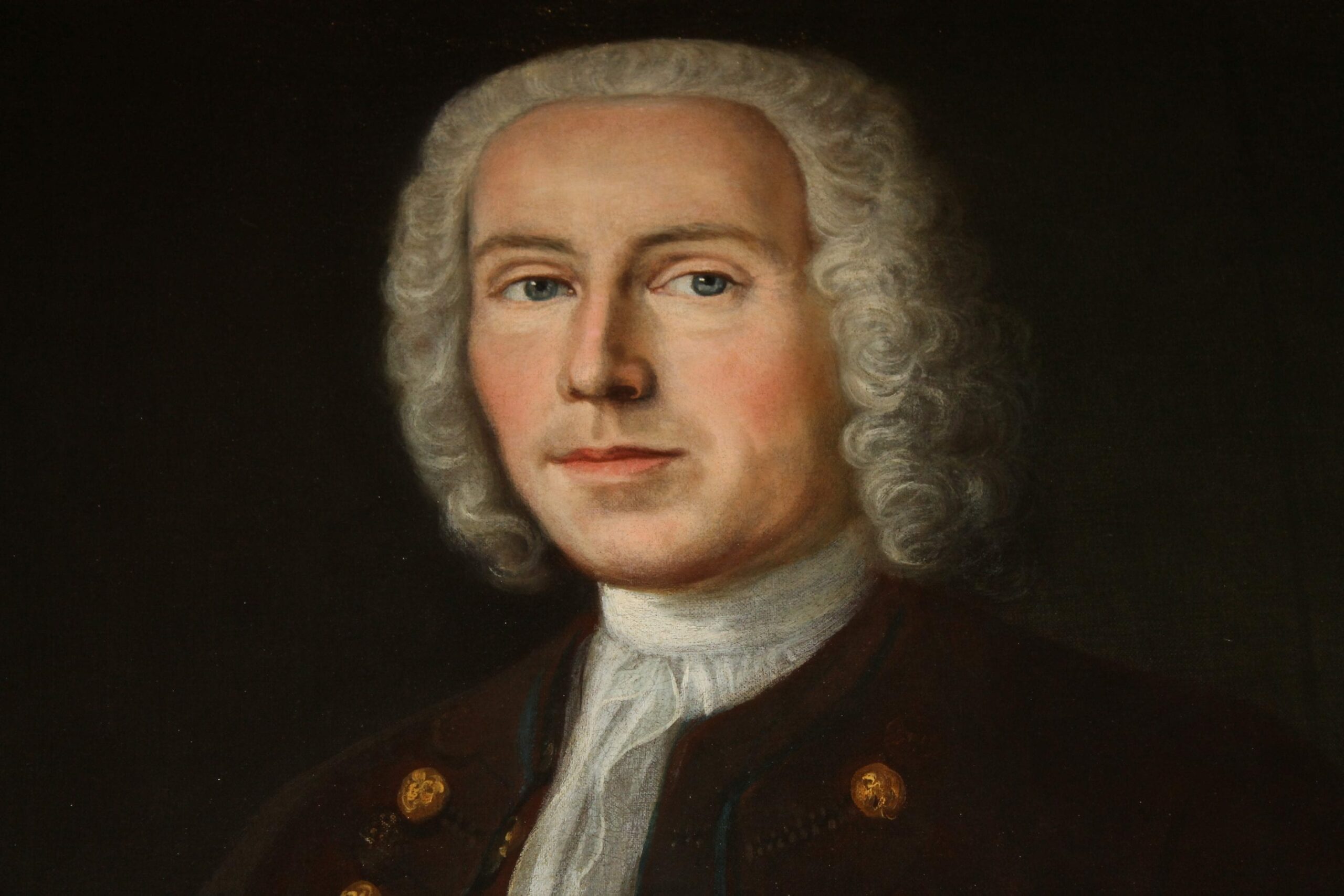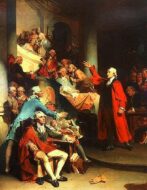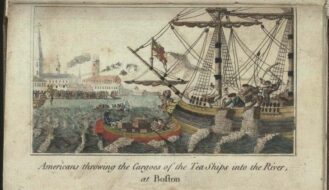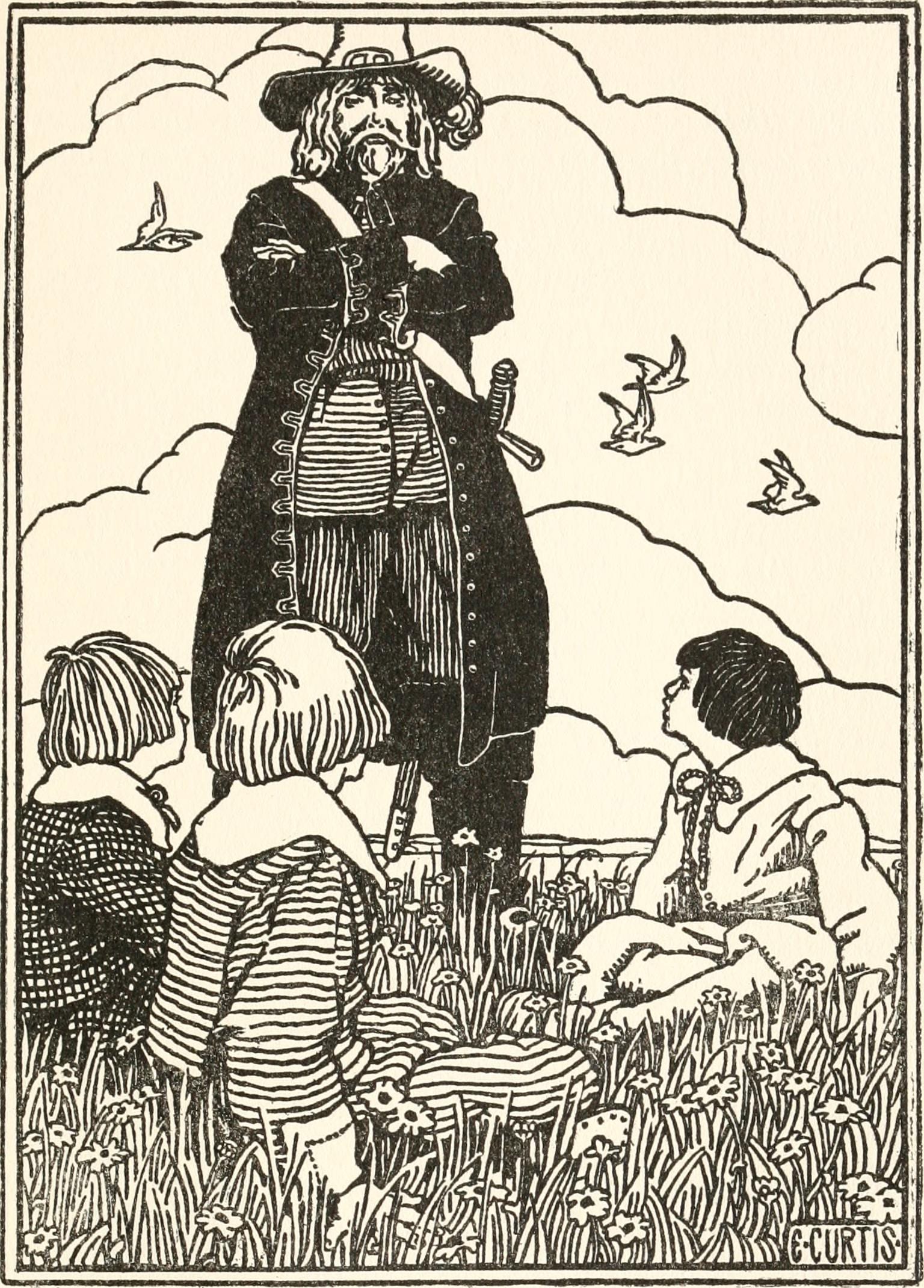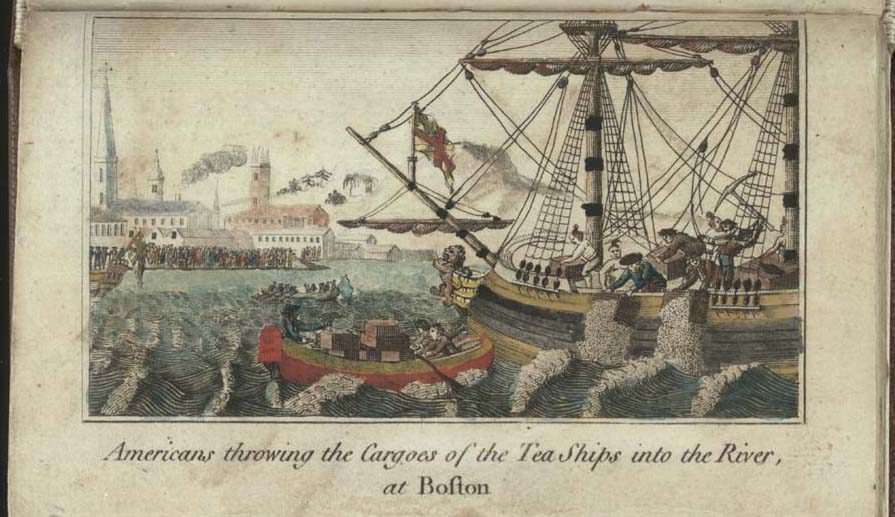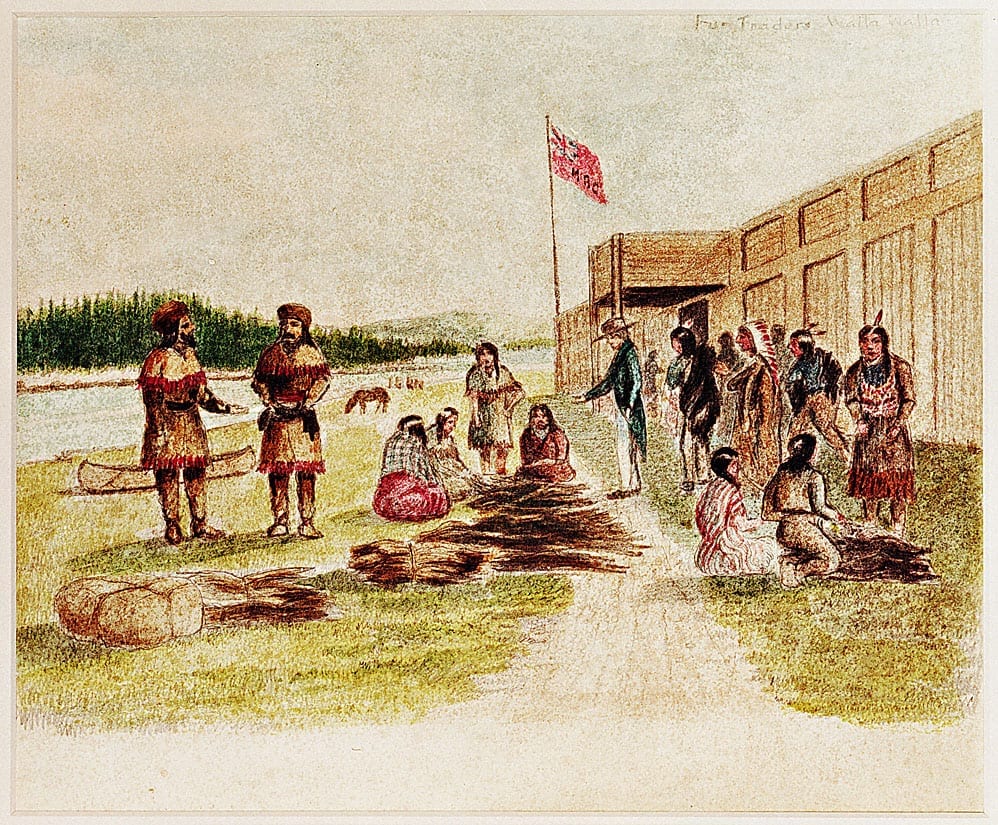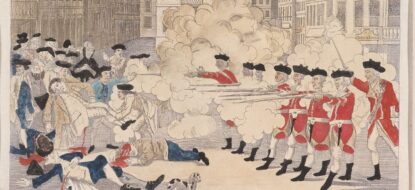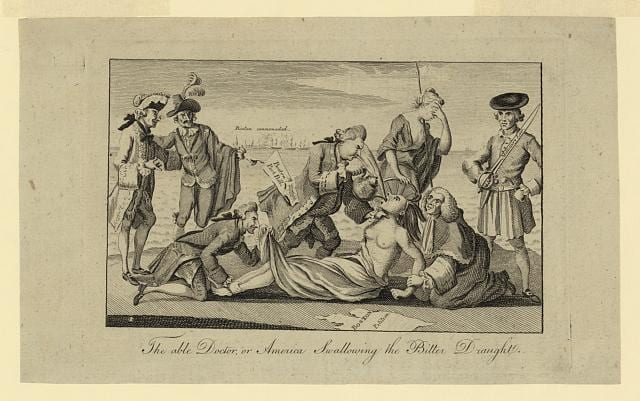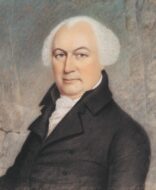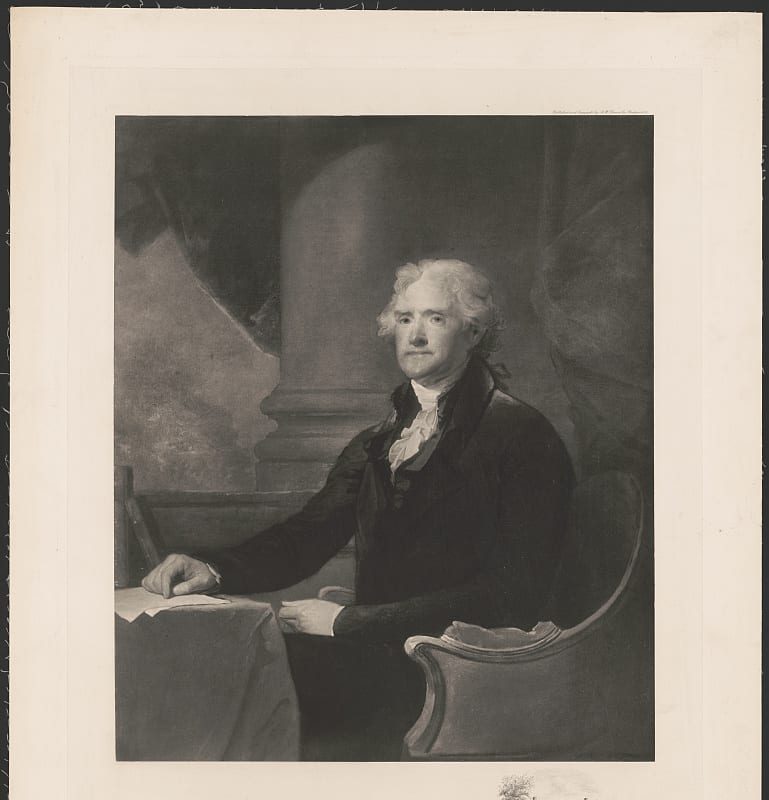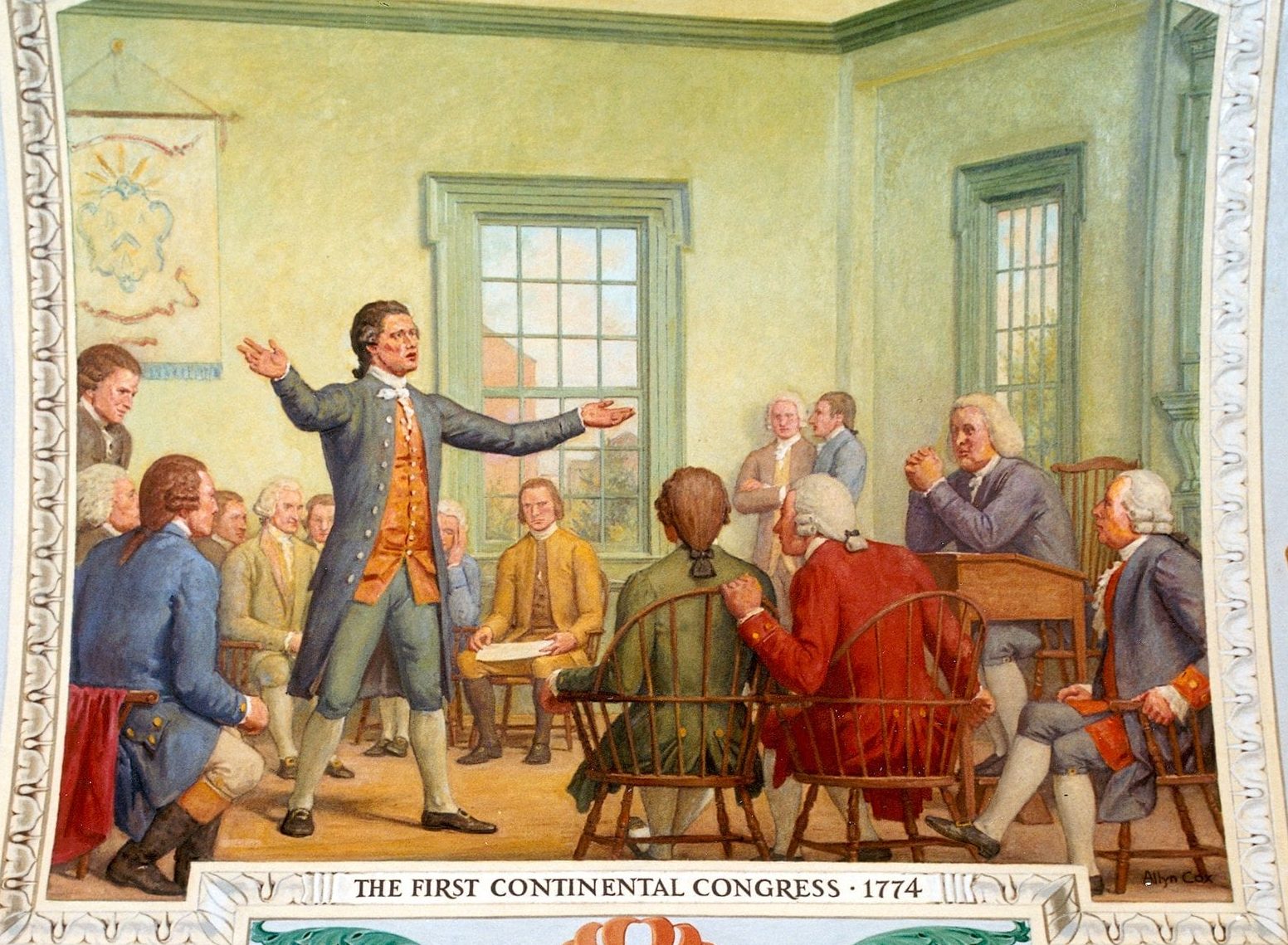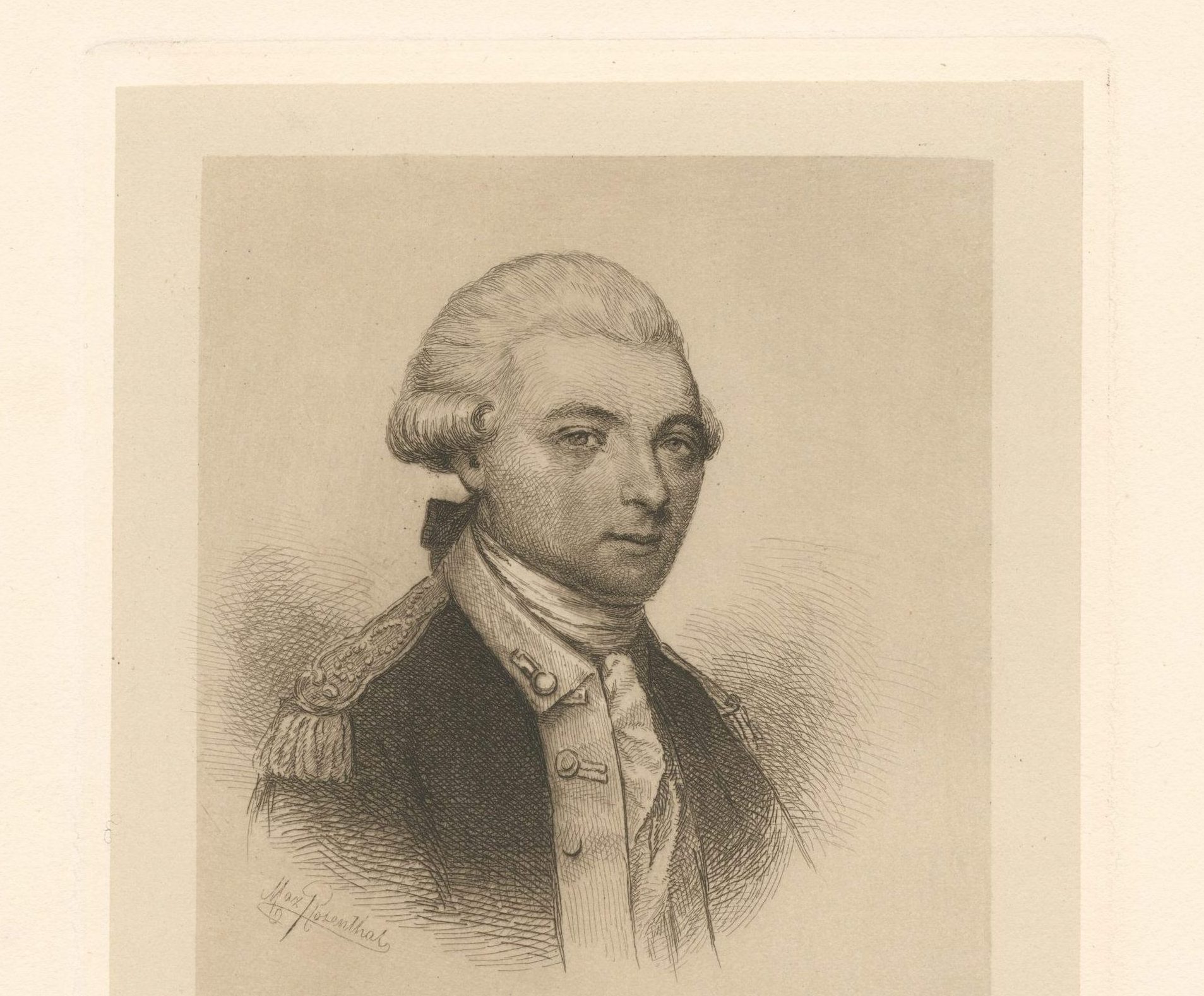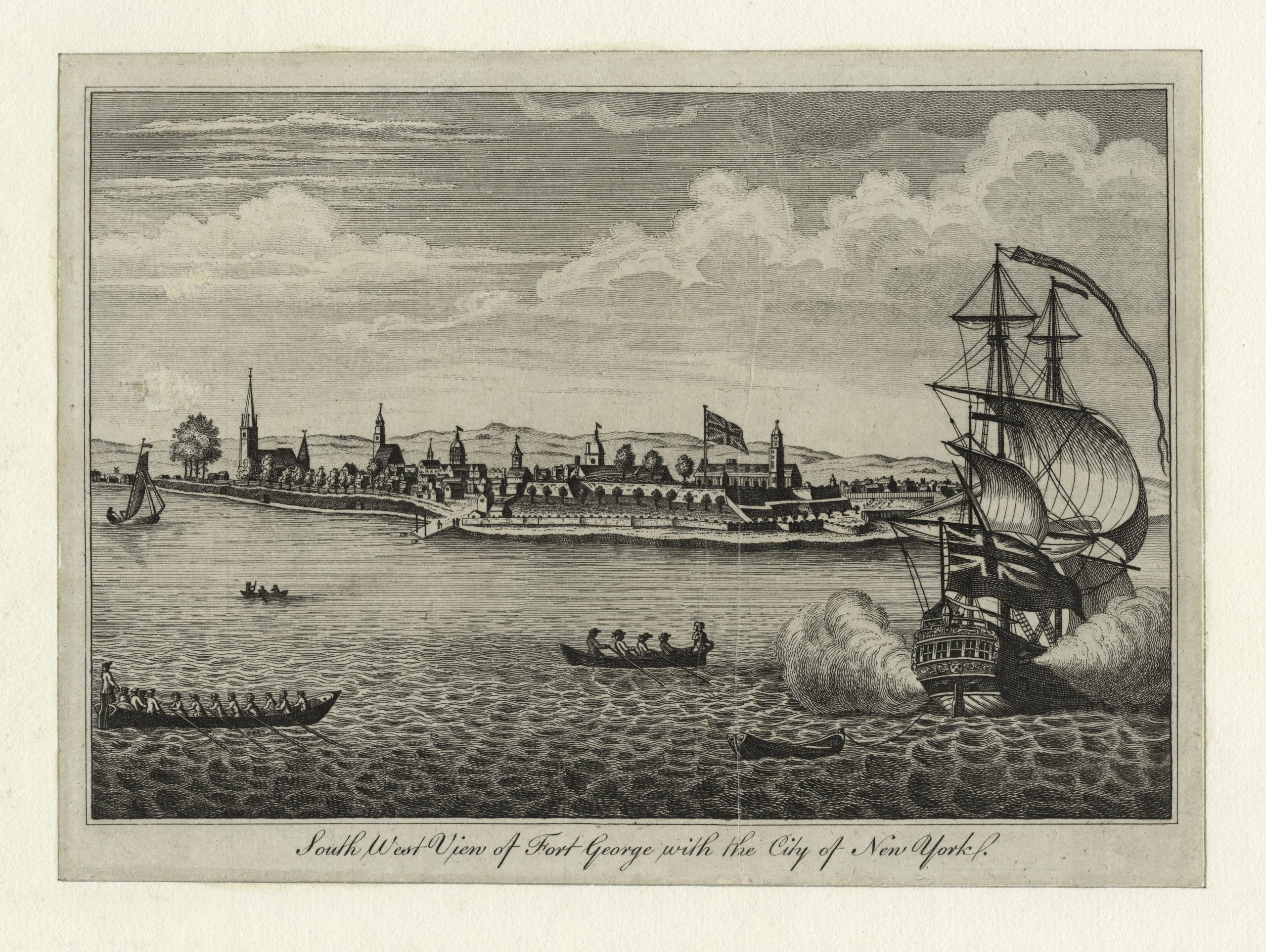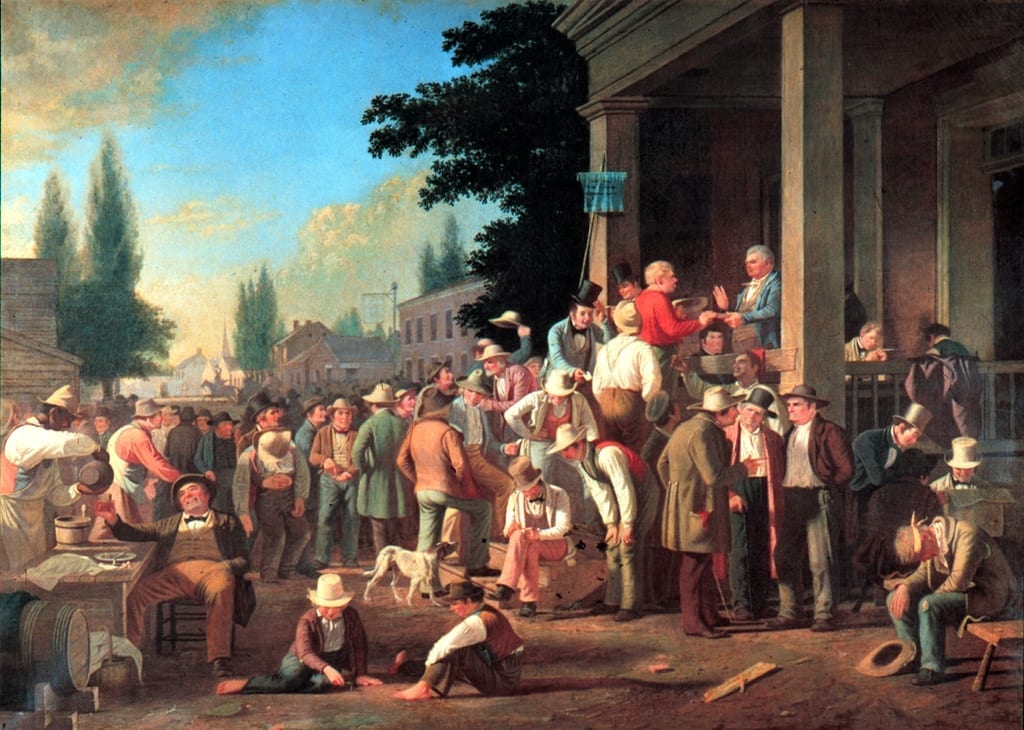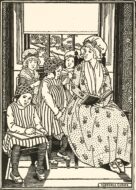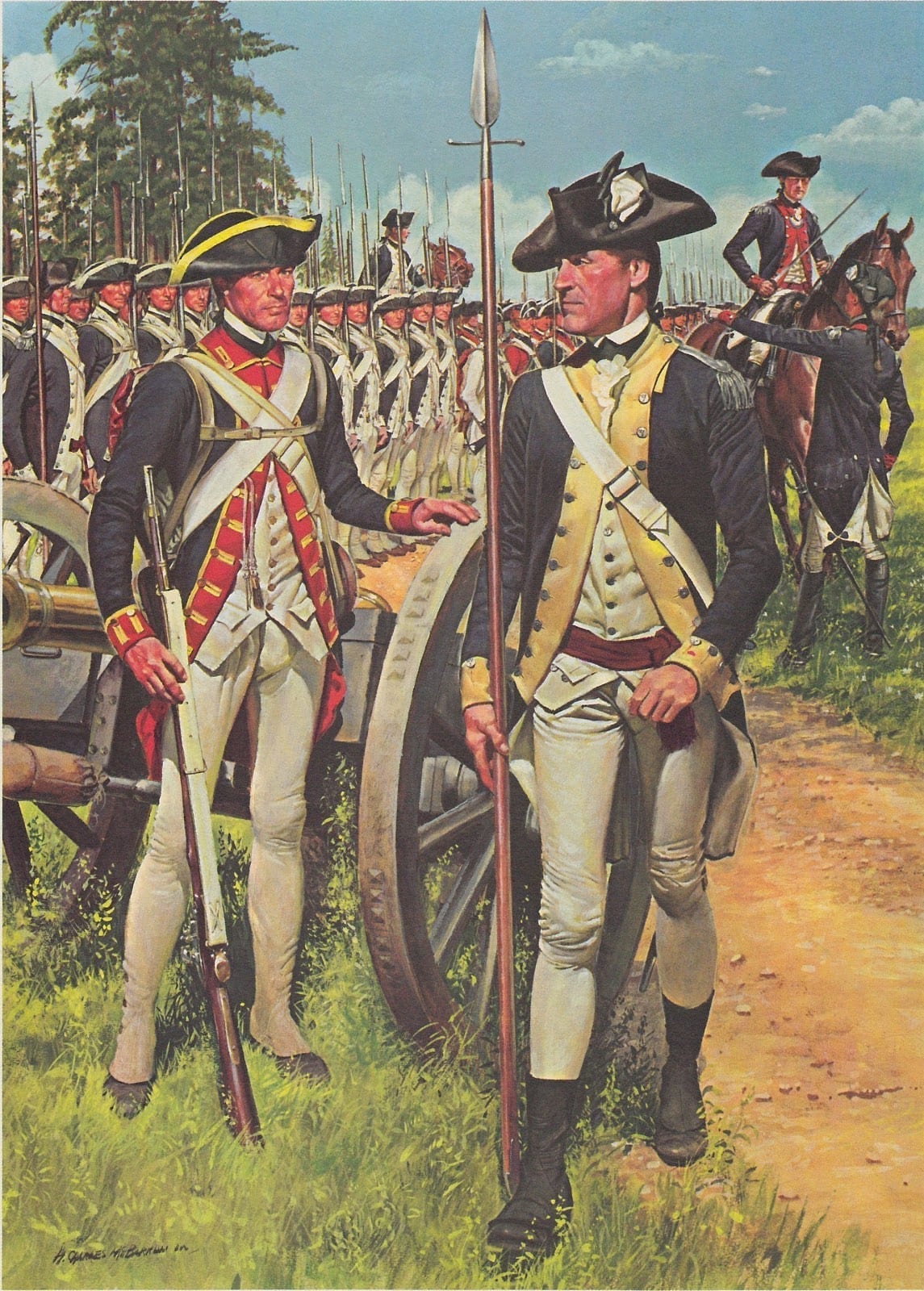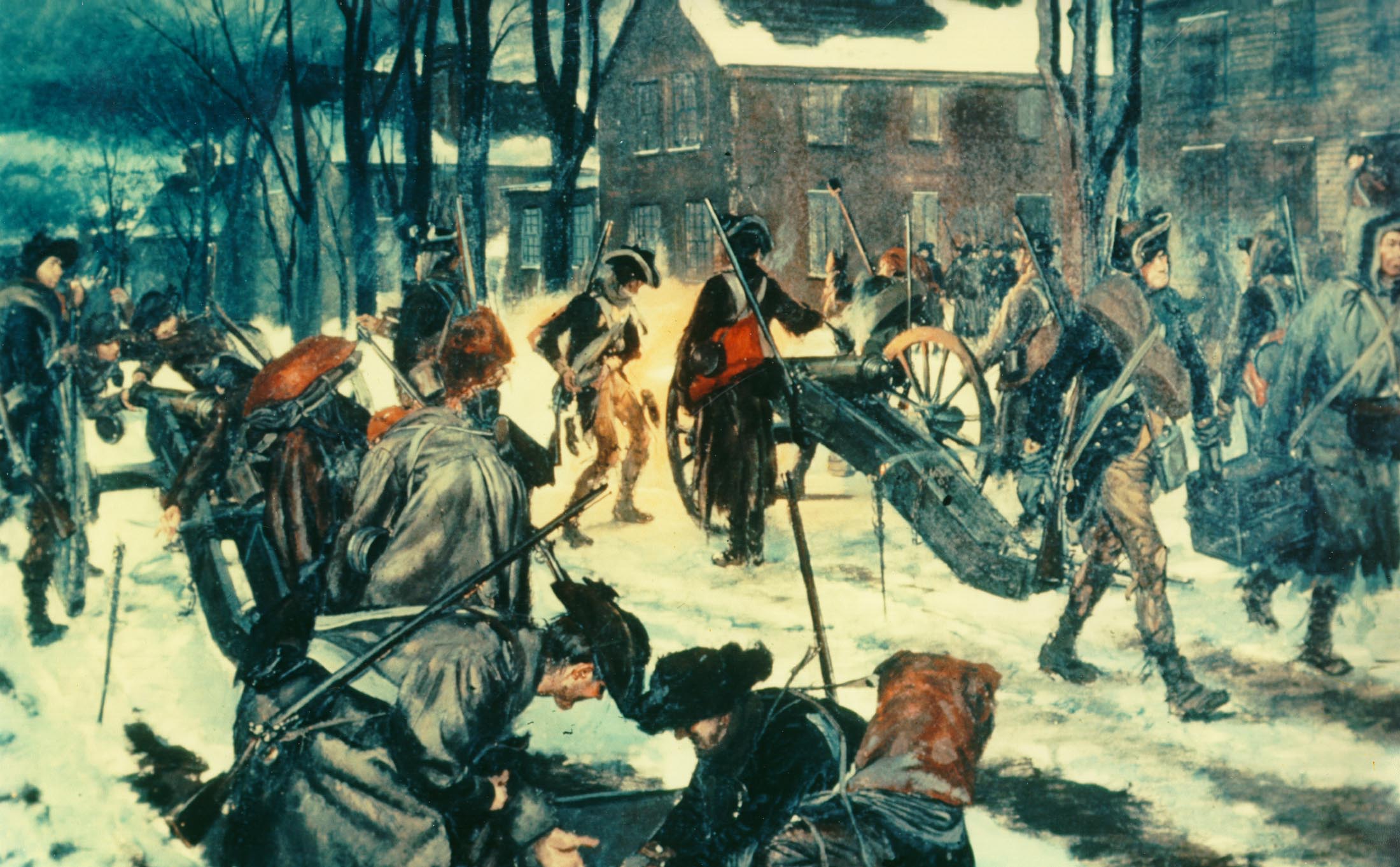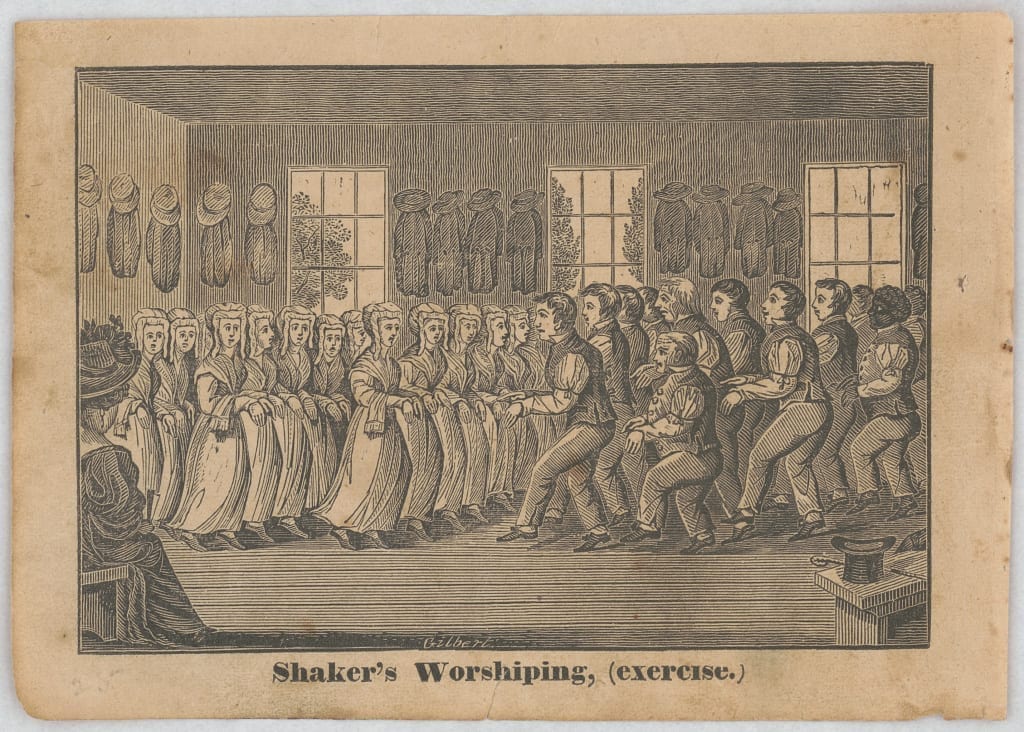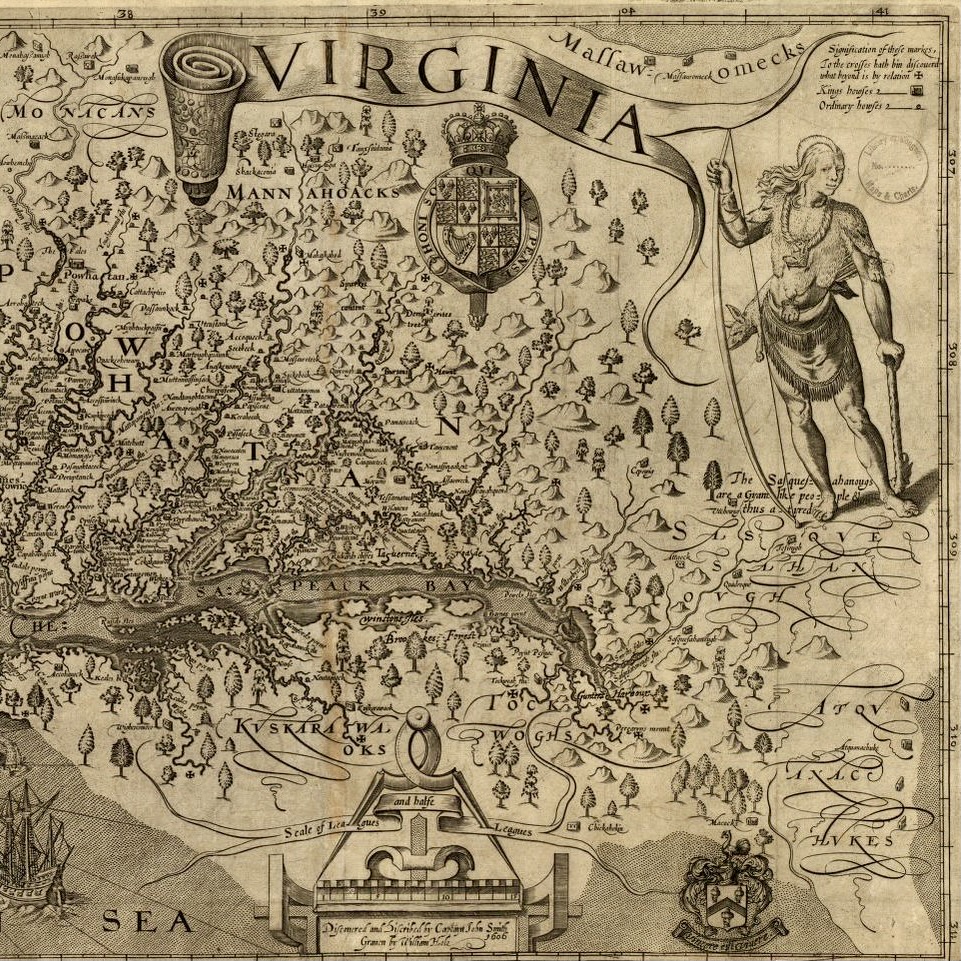
Introduction
When the Virginia colony was founded in 1607, the majority of unfree laborers in the colony were indentured servants, men and women who signed a legal contract called an indenture that bound them to work for a certain individual for a certain number of years, in exchange for which they received room, board, and some type of education or training. During their indenture, the servant was legally subject to the rule of their master; although there were laws to protect servants, Virginia’s spread-out settlements meant that working conditions in actuality varied widely. No matter how oppressive their master, however, at the end of their indenture period, the individual servant was free to leave (usually with a set of supplies and a sum of money adequate for starting out on his or her own way in the world).
The second class of unfree labor consisted of slaves. At the beginning of the colonial period, records indicate that the most significant difference between slavery and indentured servitude lay in the expectation that, in the latter case, the individual would receive the sort of training and tools necessary to eventually take their place as a free person. In the early seventeenth century, race-based slavery for life did not exist in the Anglo-American world. Instead, where it existed, slavery was linked to the cultural and religious background of the enslaved person: non-Christian captives taken in a war, for example, might be enslaved, but not Christians, regardless of their racial or ethnic background. Nor was slavery always a permanent and inheritable condition: in the early years of the colony, individual slaves were able to win their freedom by demonstrating proof of their conversion to Christianity; in addition, enslaved persons were sometimes able to arrange to purchase their freedom, and policies regarding the status of children born to enslaved persons remained in flux until the mid-seventeenth century.
From the beginning, both forms of unfree labor coexisted in Virginia: the funders of the colony relied upon a mix of incentives (free land in exchange for a period of labor) and the bad economy in England to encourage laborers to come to the new colony as indentured servants, while the colonists took captives as slave hostages during their frequent conflicts with the local native population. The first slaves from Africa arrived at Jamestown in 1619.
Initially, the majority of the colony’s labor force consisted of indentured servants, but over time, as the English expanded their participation in the Atlantic and Indian slave trades and market conditions in the mother country improved, the balance shifted. By the end of the 1670s, black slaves began to replace both white indentured servants and Indian slaves as Virginians’ primary source of labor.
Documents in this chapter are available separately by following the hyperlinks below:
- Indenture between the four Adventurers and Robert Coopy of North Nibley, 1619
- Richard Frethorne to His Parents, March 20 and April 2–3, 1623
- George Alsop, The Necessariness of Servitude Proved, 1666
- Virginia Laws Related to Slavery
- Robert Beverley, Of the Servants and Slaves in Virginia, 1722
Indenture between the four Adventurers and Robert Coopy of North Nibley, 1619
This Indenture made the [seventh] day of September, 1619. In the [sixteenth] year of the reign of our [sovereign] Lord King James of England [&c.] Between S’ Willm [Thorokmorton] knight and baronet, Richard Berkly Esq,. George Thorpe Esq., and John Smith gent, on the one p[ar]t. And Robert Coopy of North Nibly in the county of Gloucester, Husbandman on th’other p[ar]t.
[Witnesseth] that the said Robert doth hereby [covenant] faithfully to serve the said S’Willm, Richard, George, and [John] for three years from the date his landings in the land of Virginia, there to be employed in the lawful and [reasonable] works and labors of them the said S’Willm, Richard, George, and [John] and their assigns, and to be obedient to [such] governors his and their assistants and counsel as they the S’Willm, Richard, George, and [John] shall from time to time, appoint and set over him. In consideration whereof, the said S’Willm, Richard, George, and [John] do covenant with the said Robert to transport him (with God’s assistance) with all convenient speed into the said land of Virginia at their cost and charges in all things, and [there] to maintain him with convenient diet and apparel meet for such a servant, and in the end of the said [terms] to make him a free man of the said Country, thereby to enjoy all the liberties, freedoms, and privileges of a freeman there. And to grant to the said Robert thirty acres of land within their territory or a hundred of Barkley in the said land for the term of his life and of two others then by him to be named (if he be then living) [under] the yearly rent of twelve pence for each acre, and such other reasonable [conditions] and services as [at or before the signing thereof shall be agreed between the said parties.] And to pay each quarter of a year ten shillings to the wife of the said Robert at her house in North Nibly aforesaid towards her maintenance during the said term if he so long live, Whereof is already already paid thirty shillings. Given interchangeably under their hands and seals the day and year first above written.
Ric: Berkeley (Seal)
Geo: Thorpe (Seal)
Iohn Smyth (Seal)
Richard Frethorne to His Parents, March 20 and April 2–3, 1623
Loving and kind father and mother, my most humble duty remembered to you, hoping in God of your good health. . . . This is to let you understand that I, your child, am in a most heavy case by reason of the nature of the country: [it] is such that it causes much sickness, as the scurvy and the bloody flux, and diverse other diseases, which makes the body very poor, and weak. [A]nd when we are sick there is nothing to comfort us; for since I came out of the ship, I never ate anything but peas, and loblollie [that is water gruel]; as for deer or venison, I never saw any since I came into this land. There is indeed some fowl, but we are not allowed to go and get it, but must work hard both early and late for a mess of water gruel, and a mouthful of bread, and beef. A mouthful of bread for a penny loaf must serve for four men which is most pitiful.
. . . We live in fear of the enemy. . . . [W]e have had a combat with them on the Sunday before Shrovetide [the beginning of Lent], and we took two alive, and made slaves of them, but it was by policy, for we are in great danger, for our plantation is very weak, by reason of the dearth, and sickness, of our company.
. . .
I have nothing to comfort me, nor there is nothing to be gotten here but sickness, and death, except that one had money to lay out in some things for profit; but I have nothing at all, no not a shirt to my back, but two rags, nor no clothes, but one poor suite, nor but one pair of shoes, but one pair of stockings, but one cap, but two band[s], my cloak is stolen by one of my own fellows, and to his dying however would not tell me what he did with it but some of my fellows saw him have butter and beef out of a ship, which my cloak I doubt [not?] paid for, so that I have not a penny, nor a penny worth to help me to either spice, or sugar, or strong waters, without the which one cannot live here, for as strong beer in England doth fatten and strengthen them so water here doth wash and weaken. . . .
I am not half a quarter so strong as I was in England, and all is for want of victuals, for I do protest unto you, that I have eaten more in day at home then I have allowed me here for a week. You have given more than my day’s allowance to a beggar at the door; and if Mr [John] Jackson had not relieved me, I should be in a poor case, but he like a father and she like a loving mother doth still help me. . . .
Goodman Jackson . . . much marveled that you would send me a servant to the Company.
He saith, I had been better knocked on the head, and indeed, so I find it now to my great grief and misery, and saith, that if you love me you will redeem me suddenly, for which I do entreat and beg. If you cannot get the merchants to redeem me for some little money, then for God’s sake, get a gathering or entreat some good folks to lay out some little sum of money, in meal and cheese and butter and beef, any eating meat will yield great profit. Oil and vinegar is very good, but father there is great loss in leaking, but for God’s sake send beef and cheese and butter, or the more of one sort and none of the other. . . . Look, whatsoever you send me, be it never so much, look what I make of it, I will deal truly with you. I will send it over, and beg the profit to redeem me, and if I die before it come, I have entreated Goodman Jackson to send you the worth of it, who hath promised he will. . . .
Good father do not forget me, but have mercy and pity my miserable case. I know if you did but see me you would weep to see me. . . .
Richard Frethorne
Martyns Hundred
George Alsop, The Necessariness of Servitude Proved, 1666
The necessariness of Servitude proved, with the common usage of Servants in Mary-Land, together with their Privileges
As there can be no monarchy without the supremacy of a king and crown, nor no king without subjects, nor any parents without it be by the fruitful off-spring of children; neither can there be any masters, unless it be by the inferior servitude of those that dwell under them, by a commanding enjoyment: And since it is ordained from the original and superabounding wisdom of all things, that there should be degrees and diversities amongst the sons of men, in acknowledging of a superiority from inferiors to superiors; the servant with a reverent and befitting obedience is as liable to this duty in a measurable performance to him whom he serves, as the loyalest of subjects to his prince. Then since it is a common and ordained fate, that there must be servants as well as masters, and that good servitudes are those colleges of sobriety that checks in the giddy and wild-headed youth from his profuse and uneven course of life, by a limited constrainment, as well as it otherwise agrees with the moderate and discreet servant: Why should there be such an exclusive obstacle in the minds and unreasonable dispositions of many people, against the limited time of convenient and necessary servitude, when it is a thing so requisite, that the best of kingdoms would be unhinged from their quiet and well settled Government without it. . . .
Why then, if servitude be so necessary that no place can be governed in order, nor people live without it, this may serve to tell those which prick up their ears and bray against it, that they are none but asses, and deserve the bridle of a strict commanding power to rein them in: For I’m certainly confident, that there are several thousands in most kingdoms of Christendom, that could not at all live and subsist, unless they had served some prefixed time, to learn either some trade, art, or science, and by either of them to extract their present livelihood.
. . .
Then let such, where Providence hath ordained to live as servants, either in England or beyond Sea, endure the prefixed yoke of their limited time with patience, and then in a small computation of years, by an industrious endeavour, they may become masters and mistresses of families themselves. And let this be spoke to the deserved praise of Mary-Land, that the four years I served there were not to me so slavish, as a two years Servitude of a Handicraft Apprenticeship was here in London. . . .
They whose abilities cannot extend to purchase their own transportation over into Mary-Land, (and surely he that cannot command so small a sum for so great a matter, his life must needs be mighty low and dejected) I say they may for the debarment of a four years sordid liberty, go over into this Province and there live plenteously well. And what’s a four year’s servitude to advantage a man all the remainder of his days, making his predecessors happy in his sufficient abilities, which he attained to partly by the restrainment of so small a time?
Now those that commit themselves unto the care of the merchant to carry them over, they need not trouble themselves with any inquisitive search touching their voyage; for there is such an honest care and provision made for them all the time they remain aboard the ship, and are sailing over, that they want for nothing that is necessary and convenient.
The merchant commonly before they go aboard the ship, or set themselves in any forwardness for their voyage, has conditions of agreements drawn between him and those that by a voluntary consent become his servants, to serve him, his heirs or assigns, according as they in their primitive acquaintance have made their bargain, some two, some three, some four years and whatever the master or servant ties himself up to here in England by condition, the laws of the province will force a performance of when they come there: Yet here is this privilege in it when they arrive, If they dwell not with the Merchant they made their first agreement withall, they may choose, whom they will serve their prefixed time with; and after their curiosity has pitched on one whom they think fit for their turn, and that they may live well withall, the Merchant makes an Assignment of the Indenture over to him whom they of their free will have chosen to be their Master, in the same nature as we here in England (and no otherwise) turn over Covenant Servants or Apprentices from one Master to another. . . . The Servants here in Mary-Land of all colonies, distant or remote plantations, have the least cause to complain, either for strictness of servitude, want of provisions, or need of apparel: five days and a half in the summer weeks is the allotted time that they work in; and for two months, when the sun predominates in the highest pitch of his heat, they claim an ancient and customary privilege, to repose themselves three hours in the day within the house, and this is undeniably granted to them that work in the Fields.
In the Winter time, which lasteth three months (viz.) December, January, and February, they do little or no work or employment, save cutting of wood to make good fires to sit by, unless their ingenuity will prompt them to hunt the deer, or boar, or recreate themselves in fowling, to slaughter the swans, geese, and turkeys (which this country affords in a most plentiful manner:) For every servant has a gun, powder and shot allowed him, to sport him withal on all holidays and leisurable times, if he be capable of using it, or be willing to learn.
Now those servants which come over into this province, being artificers, they never (during their servitude) work in the fields, or do any other employment save that which their handicraft and mechanic endeavors are capable of putting them upon, and are esteemed as well by their masters, as those that employ them, above measure. He that’s a tradesman here in Mary-Land (though a Servant), lives as well as most common handicrafts do in London, though they may want something of that liberty which freemen have, to go and come at their pleasure. . . . He that lives in the nature of a servant in this province, must serve but four years by the custom of the country; and when the expiration of his time speaks him a freeman, there’s a law in the Province, that enjoins his master whom he hath served to give him fifty acres of land, corn to serve him a whole year, three suites of apparel, with things necessary to them, and tools to work withal; so that they are no sooner free, but they are ready to set up for themselves, and when once entered, they live passingly well.
The women that go over into this province as servants, have the best luck here as in any place of the world besides; for they are no sooner on shore, but they are courted into a copulative matrimony, which some of them (for aught I know) had they not come to such a market with their virginity, might have kept it by them until it had been mouldy, unless they had to let it out by a yearly rent to some of the Inhabitants of Lewknors-lane [a disreputable neighborhood in London] . . . Men have not altogether so good luck as women in this kind, or natural preferment, without they be good rhetoricians, and well versed in the art of persuasion then (probably) they may rivet themselves in the time of their servitude into the private and reserved favor of their mistress, if age speak their master deficient.
In short, touching the Servants of this Province, they live well in the time of their Service, and by their restrainment in that time, they are made capable of living much better when they come to be free; which in several other parts of the world I have observed, that after some servants have brought their indented and limited time to a just and legal period by Servitude, they have been much more incapable of supporting themselves from sinking into the Gulf of a slavish, poor, fettered, and intangled life, then all the fastness of their prefixed time did involve them in before.
Back to TopVirginia Laws Related to Slavery, 1670, 1682
An Act Declaring Who Shall Be Slaves (1670)
WHEREAS some dispute has arisen whither Indians taken in war by any other nation, and by that nation that taketh them sold to the English, are servants for life or term of years, it is resolved and enacted that all servants not being Christians imported into this colony by shipping shall be slaves for their lives; but what shall come by land shall serve, if boys or girls, until thirty years of age, if men or women, twelve years, and no longer.
An Act to Repeal a Former Law Making Indians and others Free (1682)
WHEREAS by the 12 act of assembly held at James City the 3d day of October, Anno Domini 1670, entitled an act declaring who shall be slaves, it is enacted that all servants not being Christians, being imported into this country by shipping shall be slaves, but what shall come by land shall serve if boys and girls until thirty years of age, if men or women, twelve years and no longer; and for as much as many negroes, moors, mullatos, and others borne of and in heathenish, idolatrous, pagan and Mahometan parentage and country have heretofore, and hereafter may be purchased, procured, or otherwise obtained as slaves of, from or out of such their heathenish country by some well-disposed Christian, who after such their obtaining and purchasing such negro, moor, or mulatto as their slave out of a pious zeal, have wrought the conversion of such slave to the Christian faith, which by the laws of this country doth not manumit them or make them free, and afterwards, such their conversion, it hath and may often happen that such master or owner of such slave being by some reason enforced to bring or send such slave into this country to sell or dispose of for his necessity or advantage, he the said master or owner of such servant which notwithstanding his conversion is really his slave, or his factor or agent must be constrained either to carry back or export again the said slave to some other place where they may sell him for a slave, or else depart from their just right and title to such slave and sell him here for no longer time than the English or other Christians are to serve, to the great loss and damage of such master or owner, and to the great discouragement of bringing in such slaves for the future, and to no advantage at all to the planter or buyer; and whereas also those Indians that are taken in war or otherwise by our neighboring Indians, confederates or tributaries to his majesty, and this his plantation of Virginia are slaves to the said neighboring Indians that so take them, and by them are likewise sold to his majesties subjects here as slaves, be it therefore enacted by the governor council and burgesses of this general assembly, and it is enacted by the authority aforesaid, that all the said recited act of the third of October 1670 be, and is hereby repealed and made utterly void to all intents and purposes whatsoever. And be it further enacted by the authority aforesaid that all servants except Turks and Moors, whilst in amity with his majesty which from and after publication of this act shall be brought or imported into this country, either by sea or land, whether Negroes, Moors, Mullattos or Indians, who and whose parentage and native country are not Christian at the time of their first purchase of such servant by some Christian, although afterwards, and before such their importation and bringing into this country, they shall be converted to the Christian faith; and all Indians which shall hereafter be sold by our neighboring Indians, or any other trafficking with us as for slaves are hereby adjudged, deemed and taken, and shall be adjudged, deemed and taken to be slaves to all intents and purposes, any law, usage or custom to the contrary notwithstanding.
Back to TopRobert Beverley, Of the Servants and Slaves in Virginia, 1722
50. Their servants they distinguish by the names of slaves for life, and servants for a time.
Slaves are the negroes, and their posterity, following the condition of the mother, according to the maxim, partus sequitur ventrem.6 They are called slaves, in respect of the time of their servitude, because it is for life.
Servants, are those which serve only for a few years, according to the time of their indenture, or the custom of the country. The custom of the country takes place upon such as have no indentures. The law in this case is, that if such servants be under nineteen years of age, they must be brought into court, to have their age adjudged; and from the age they are judged to be of, they must serve until they reach four and twenty: But if they be adjudged upwards of nineteen, they are then only to be Servants for the term of five years.
51. The male-servants, and slaves of both sexes, are employed together in tilling and manuring the ground, in sowing and planting tobacco, corn, etc. Some distinction indeed is made between them in their clothes, and food; but the work of both is no other than what the overseers, the freemen, and the planters themselves do.
Sufficient distinction is also made between the female-servants, and slaves; for a white woman is rarely or never put to work in the ground, if she be good for anything else: and to discourage all planters from using any women so, their law makes female-servants working in the ground tithables,7 while it suffers all other white women to be absolutely exempted: whereas on the other hand, it is a common thing to work a woman slave out of doors; nor does the law make any distinction in her taxes, whether her work be abroad, or at home.
52. Because I have heard how strangely cruel, and severe, the service of this country is represented in some parts of England; I can’t forbear affirming, that the work of their servants and slaves is no other than what every common freeman does. Neither is any servant required to do more in a day, than his overseer. And I can assure you with great truth, that generally their slaves are not worked near so hard, nor so many hours in a day, as the husbandmen, and day-labourers in England. An overseer is a man, that having served his time, has acquired the skill and character of an experienced planter, and is therefore entrusted with the direction of the servants and slaves.
But to complete this account of servants, I shall give you a short relation of the care their laws take, that they be used as tenderly as possible.
By the Laws of their Country.
- All Servants whatsoever have their complaints heard without fee, or reward; but if the master be found faulty, the charge of the complaint is cast upon him, otherwise the business is done ex officio.
- Any Justice of Peace may receive the complaint of a servant, and order everything relating thereto, till the next County-Court, where it will be finally determined.
- All masters are under the correction and censure of the County-Courts, to provide for their servants good and wholesome diet, clothing and lodging.
- They are always to appear upon the first notice given of the complaint of their servants, otherwise to forfeit the service of them, until they do appear.
- All servants’ complaints are to be received at any time in Court, without process, and shall not be delayed for want of form; but the merits of the complaint must be immediately inquired into by the justices; and if the master cause any delay therein, the Court may remove such servants, if they see cause, until the master will come to Trial.
- If a master shall at any time disobey an Order of Court made upon any complaint of a servant; the Court is empowered to remove such servant forthwith to another master, who will be kinder; giving to the former master the produce only, (after fees deducted) of what such servants shall be sold for by public outcry.
- If a master should be so cruel, as to use his servant ill, that is fallen sick, or lame in his, and thereby rendered unfit for labour, he must be removed by the church-wardens out of the way of such cruelty, and boarded in some good planter’s house, till the time of his freedom, the charge of which must be laid before the next County-Court, which has power to levy the same from time to time, upon the goods and chattels of the master; after which, the charge of such boarding is to come upon the parish in general.
- All hired servants are entitled to these privileges.
- No master of a servant can make a new bargain for service, or other matter with his servant, without the privity9 and consent of the County-Court, to prevent the masters over-reaching, or scaring such servant into an unreasonable compliance.
- The property of all money and goods sent over thither to servants, or carried in with them; is reserved to themselves, and remains entirely at their disposal.
- Each servant at his freedom receives of his master ten bushels of corn, (which is sufficient for almost a year) two new suits of clothes, both linen and woollen, and a gun 20 s[hillings] value, and then becomes as free in all respects, and as much entitled to the liberties and privileges of the country, as any other of the inhabitants or natives are, if such servants were not aliens.
- Each servant has then also a right to take up fifty acres of land, where he can find any unpatented.
This is what the laws prescribe in favour of servants, by which you may find, that the cruelties and severities imputed to that country, are an unjust reflection. For no people more abhor the thoughts of such usage, than the Virginians, nor take more Precaution to prevent it now, whatever it was in former Days.
- 1. "Indenture between the four Adventurers and Robert Coopy of North Nibley," September 7, 1619. New York Public Library Digital Collections, Manuscripts and Archives Division, The New York Public Library. NYPL catalog ID (B-number): b11985437.
- 2. Susan Myra Kingsbury, ed., The Records of the Virginia Company of London (Washington, D.C.: United States Government Printing Office, 1933), 4: 58-60. Richard Frethorne, perhaps little more than a boy when he arrived, was an indentured servant in Virginia for two years before his death there in 1624.
- 3. George Alsop, A Character of the Province of Maryland (1666) ed. Newton D. Mereness (Cleveland: The Burrows Brothers Company, 1902), 52-61. George Alsop (c. 1636–c. 1673), was a supporter of Charles I during the English Civil War (1642–1651), emigrated to Maryland following Charles' defeat.
- 4. William Waller Hening, ed., The Statues at Large; Being a Collection of All the Laws of Virginia from the First Session of the Legislature in the Year 1619 (New York: R. & W. & G. Bartow, 1823), 2: 283-490-492.
- 5. Robert Beverly, The History of Virginia, Part 4 Chapter 10 (London: B. and S. Tooke, 1722), 235-239. Robert Beverly (c. 1662–1722) was a prominent landowner and political figure.
- 6. The offspring follow the condition of the mother.
- 7. That is, a type of property in which one is required to tithe (give back 10 percent) to the church.
- 8. A relationship recognized in law.
Mayflower Compact
November 11, 1620
Conversation-based seminars for collegial PD, one-day and multi-day seminars, graduate credit seminars (MA degree), online and in-person.
